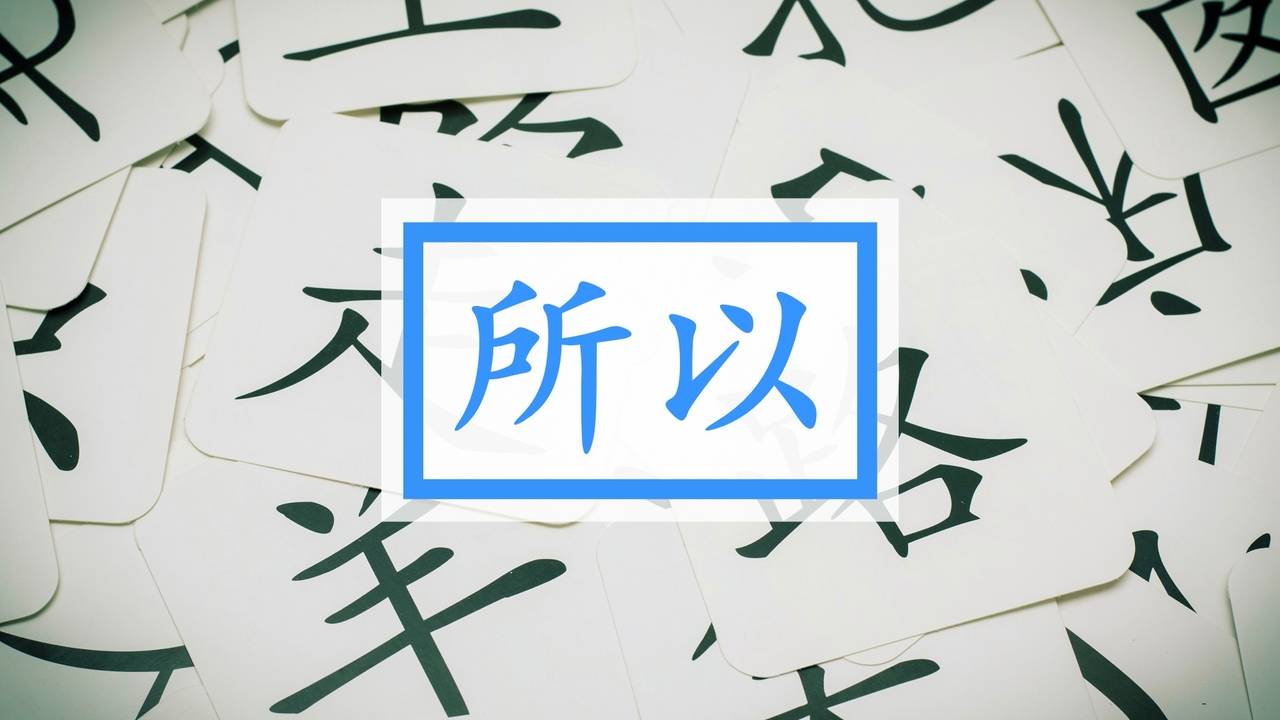
Level 34 - Vocab in Context
44 Lessons
1
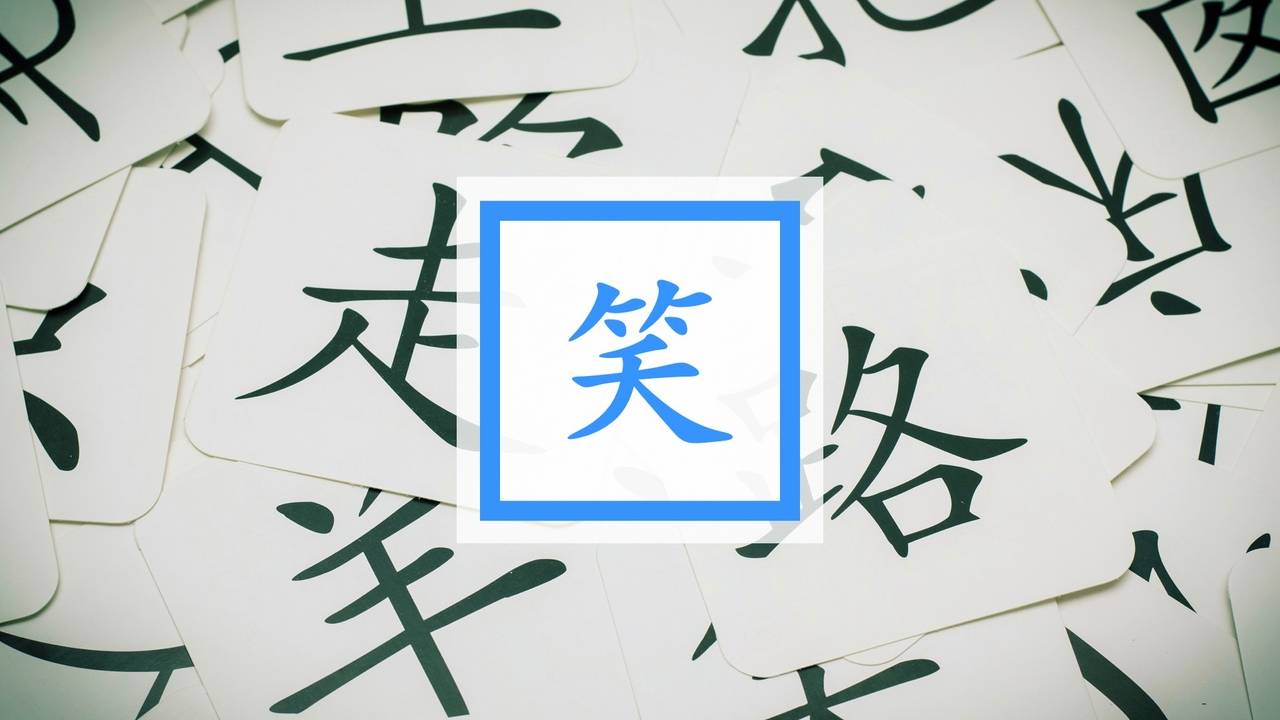
笑 in Context
2
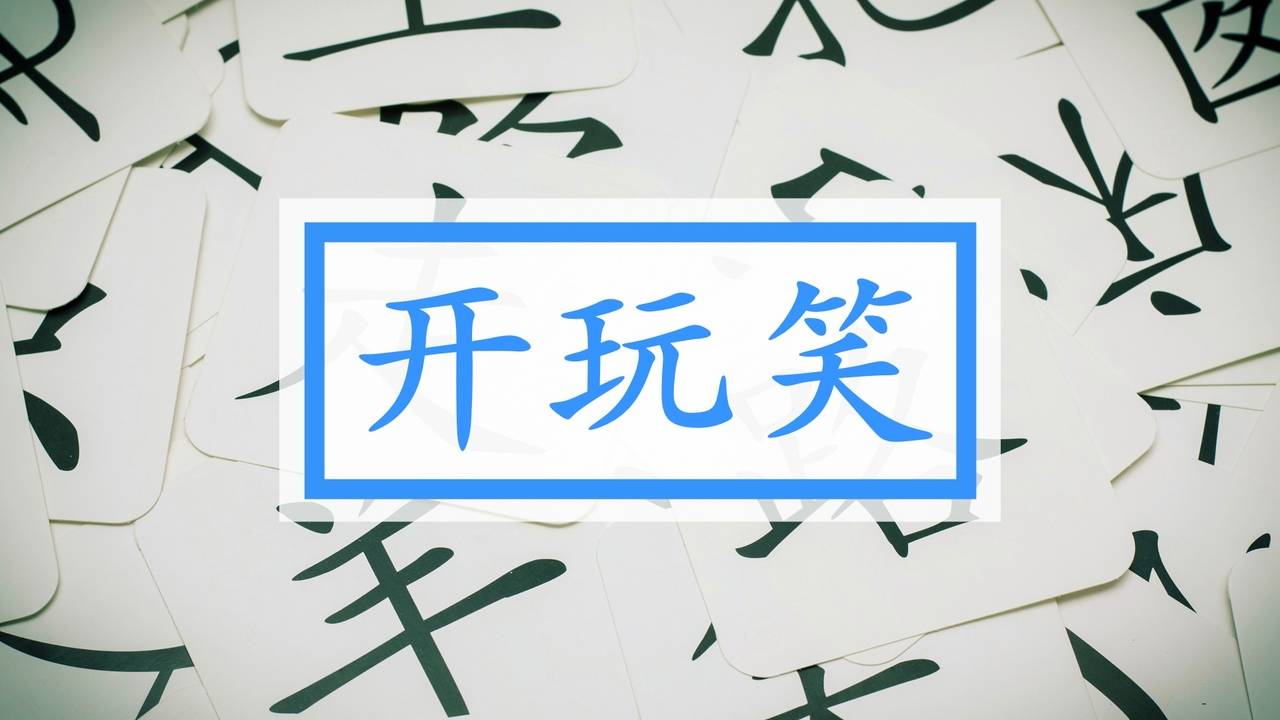
开玩笑 in Context
3
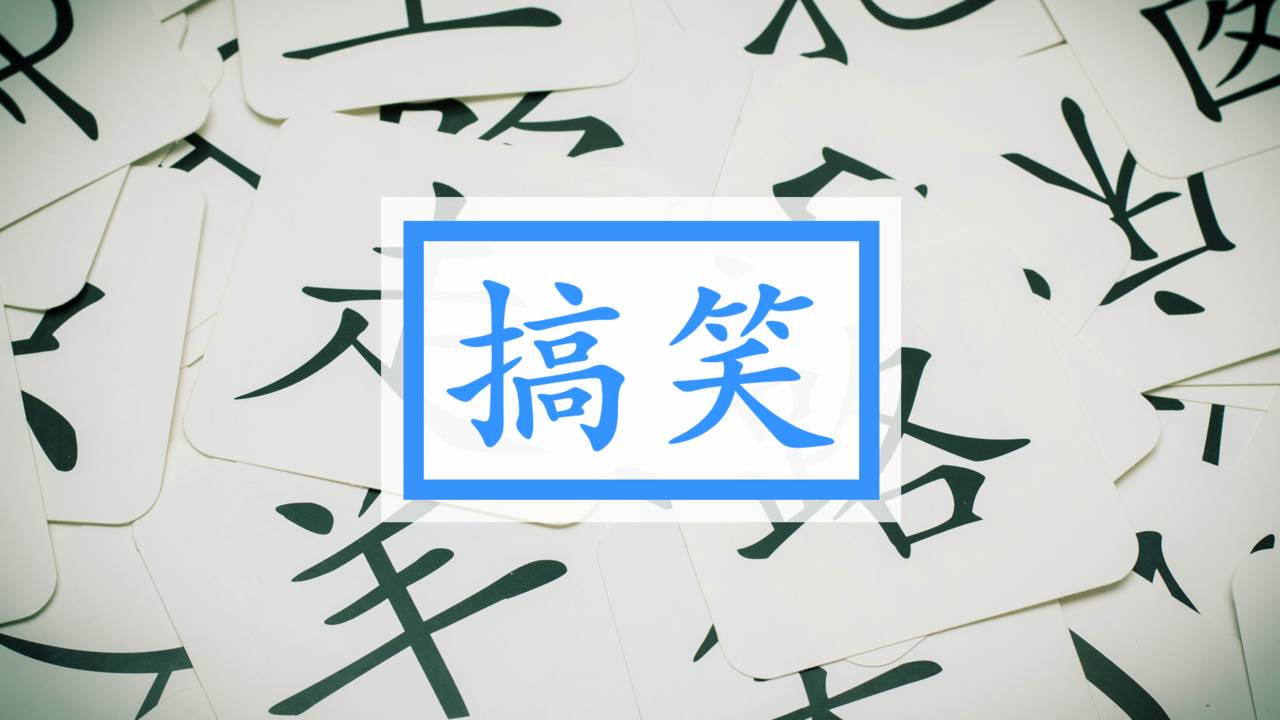
搞笑 in Context
4
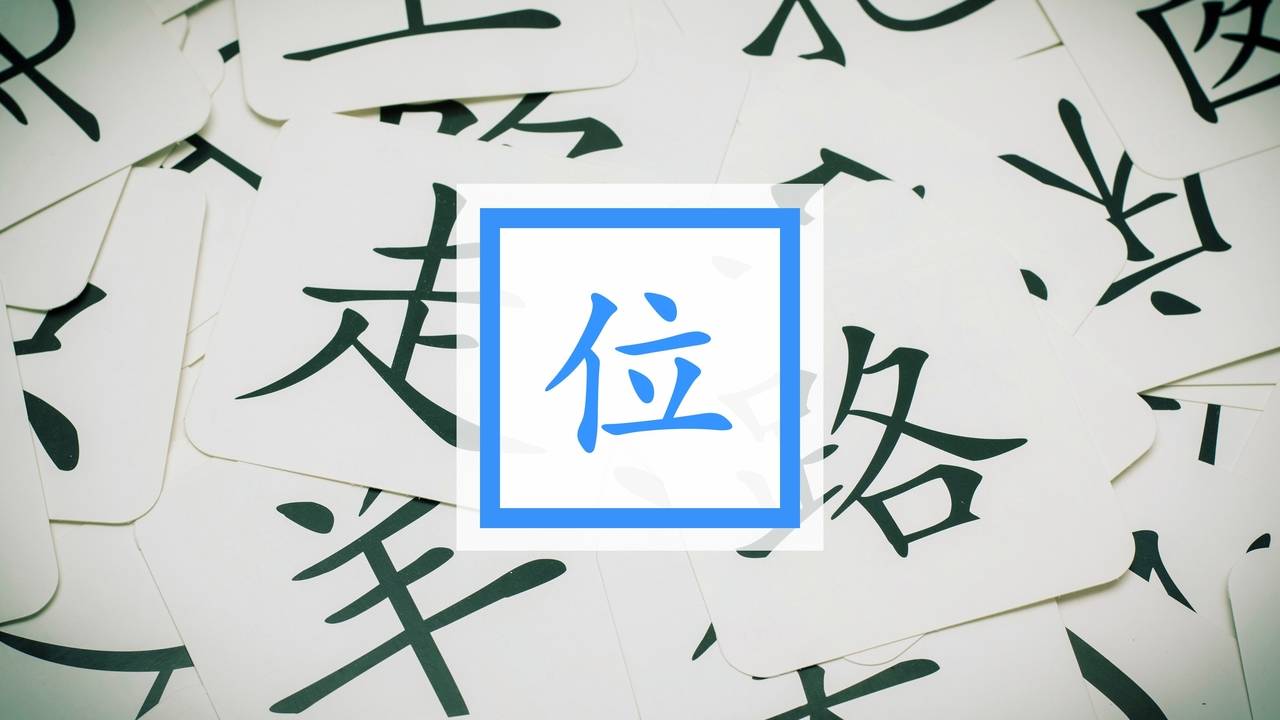
位 in Context
5
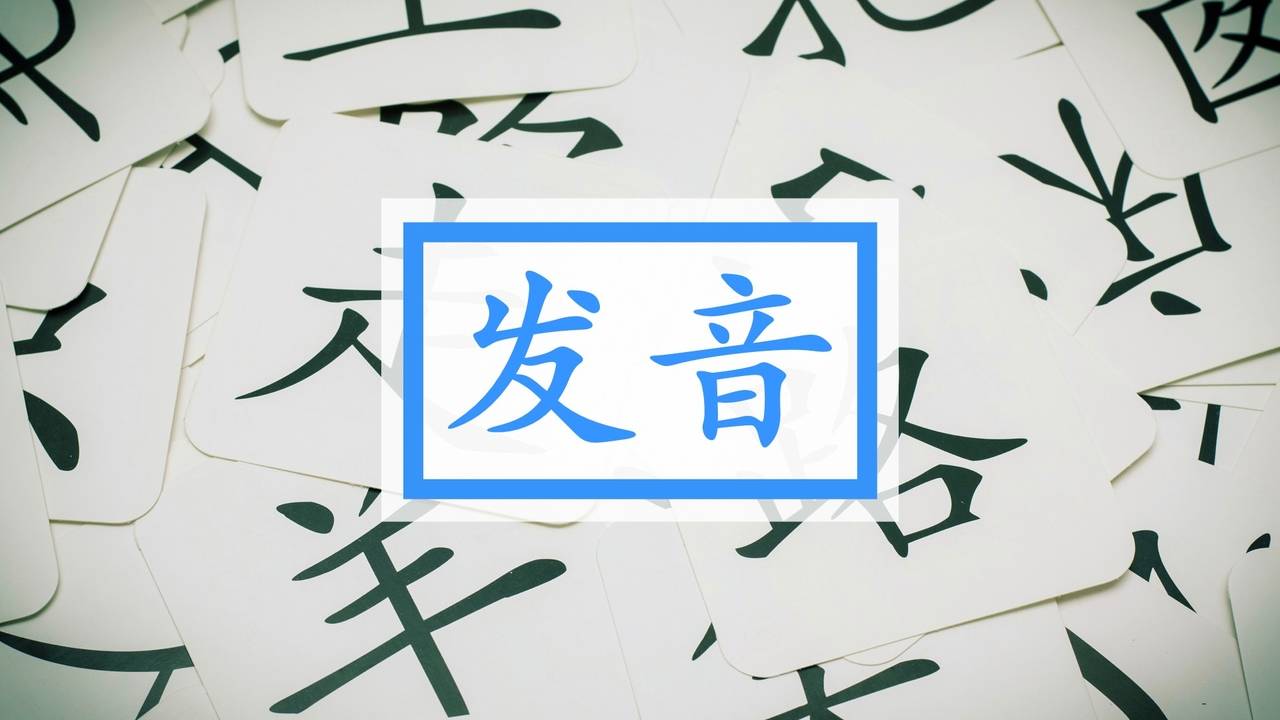
发音 in Context
6
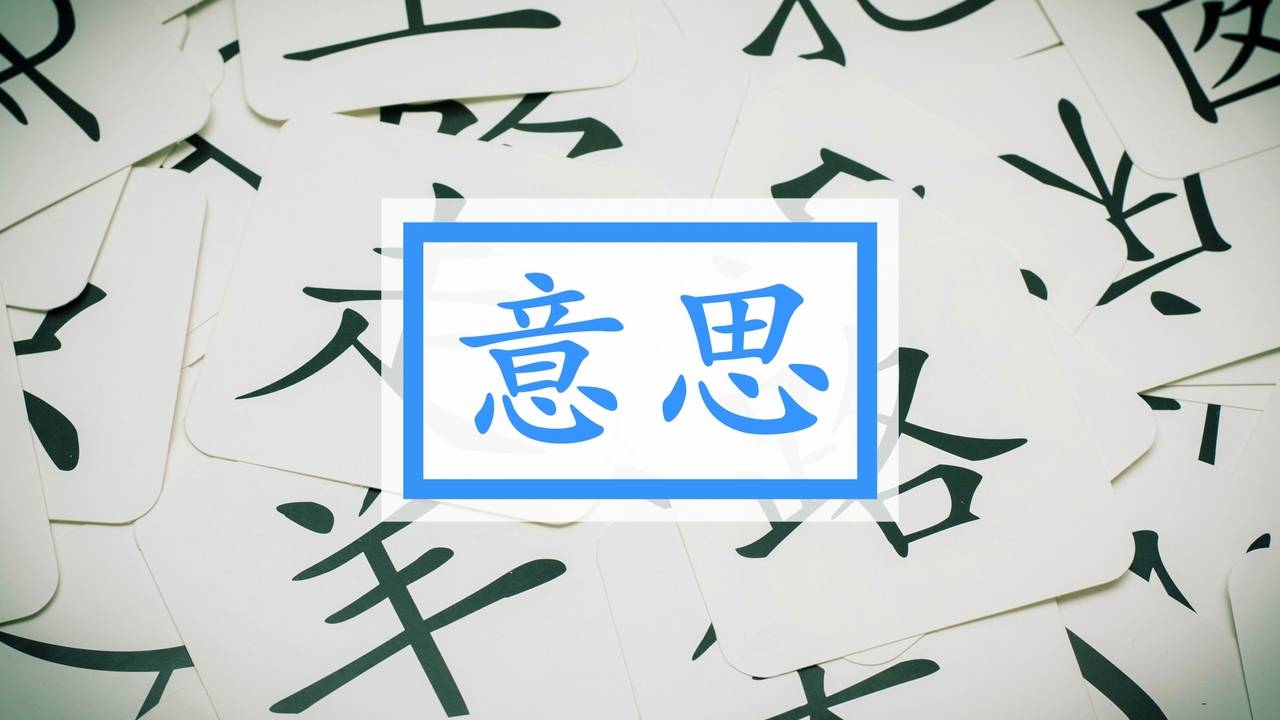
意思 in Context
7
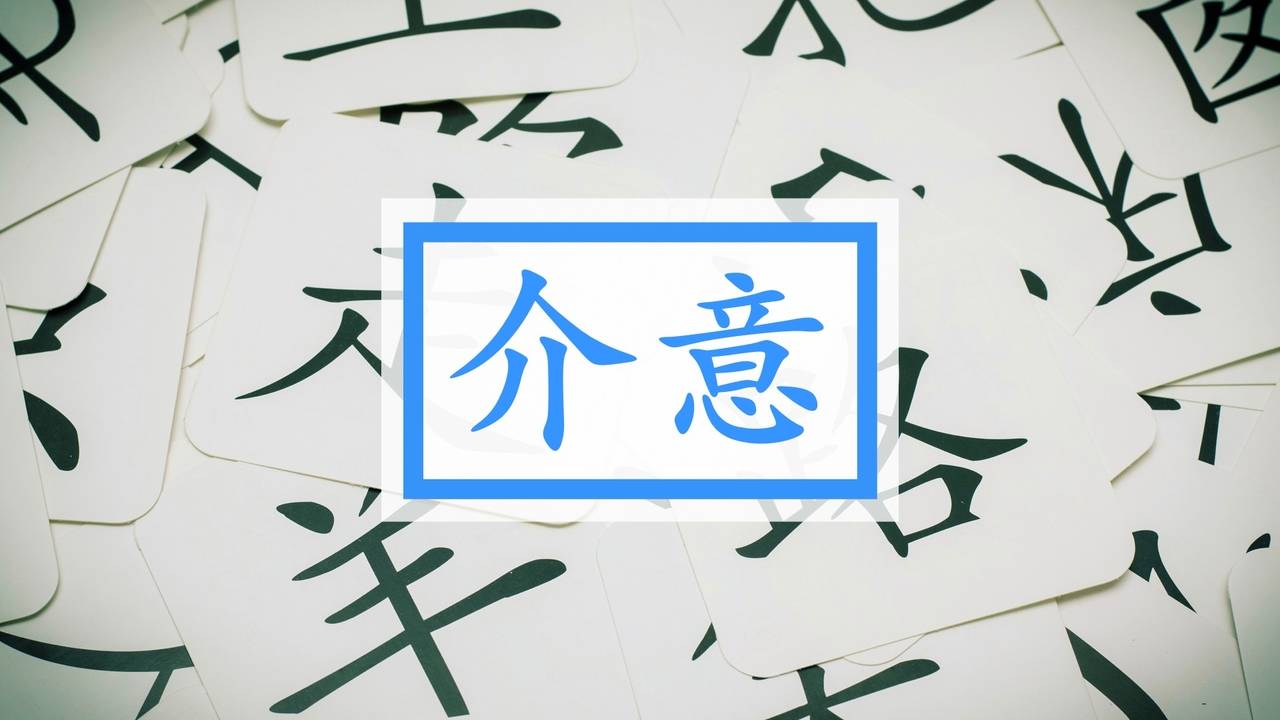
介意 in Context
8
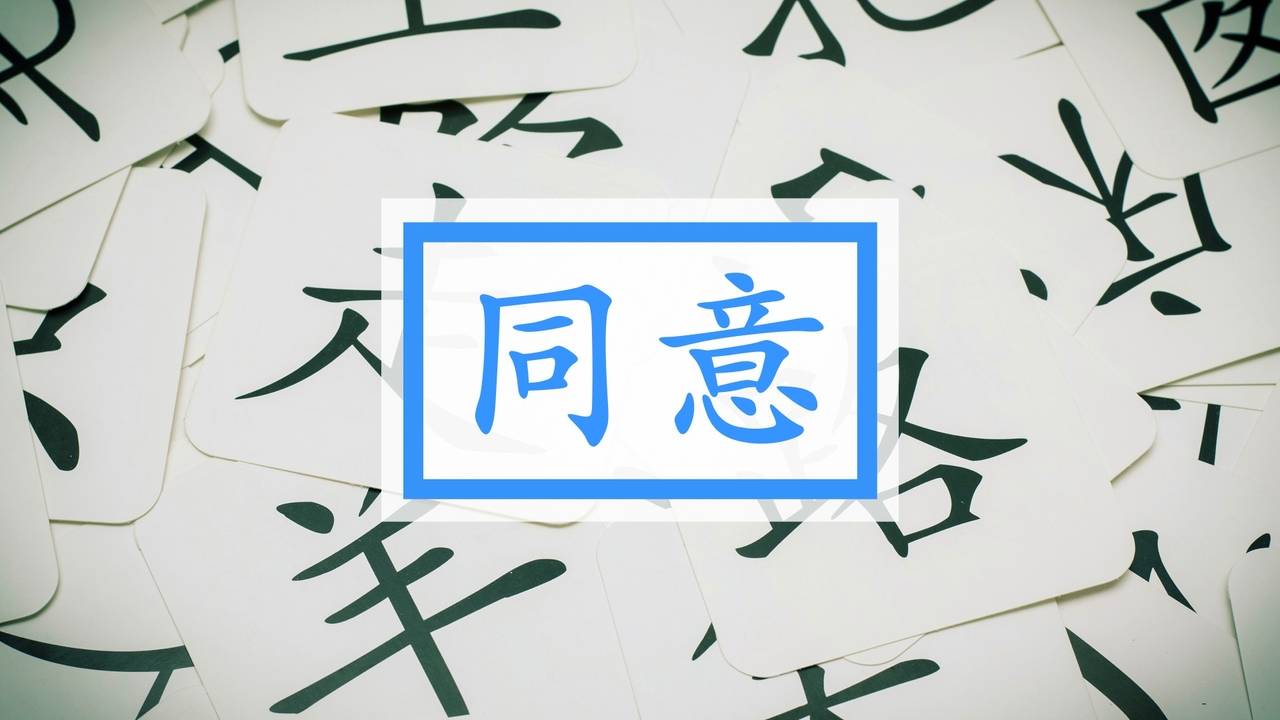
同意 in Context
9
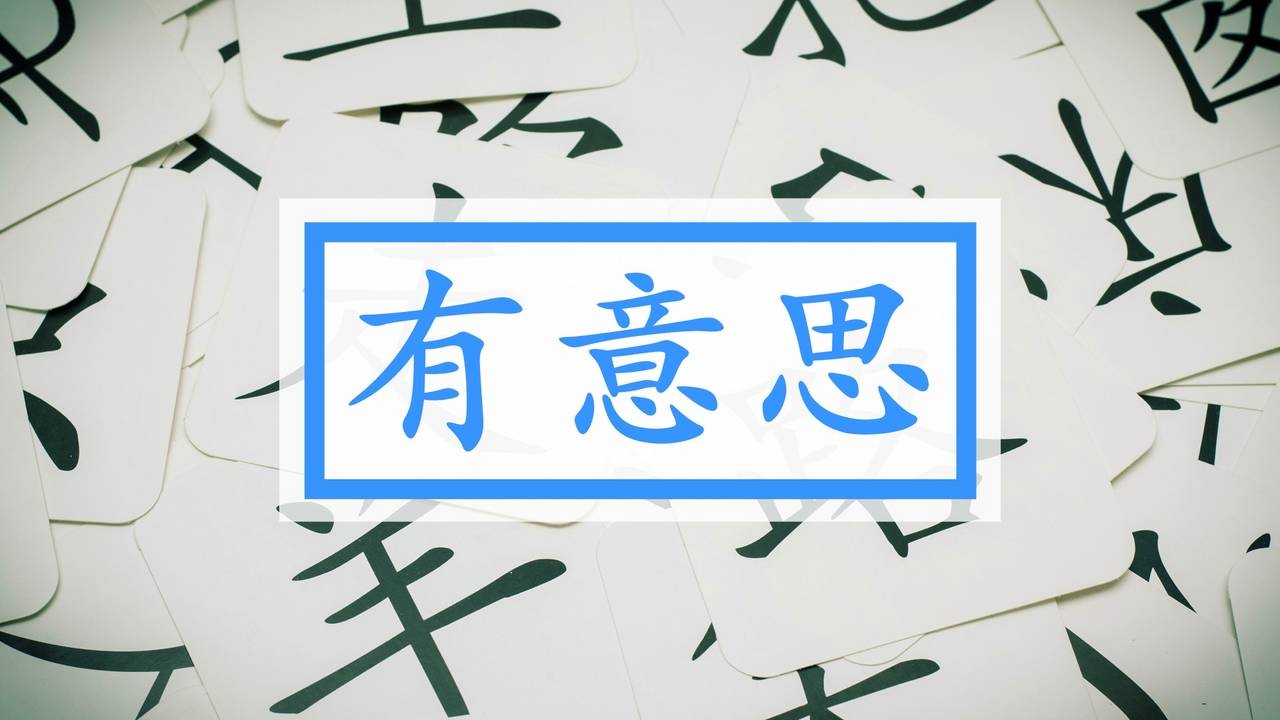
有意思 in Context
10
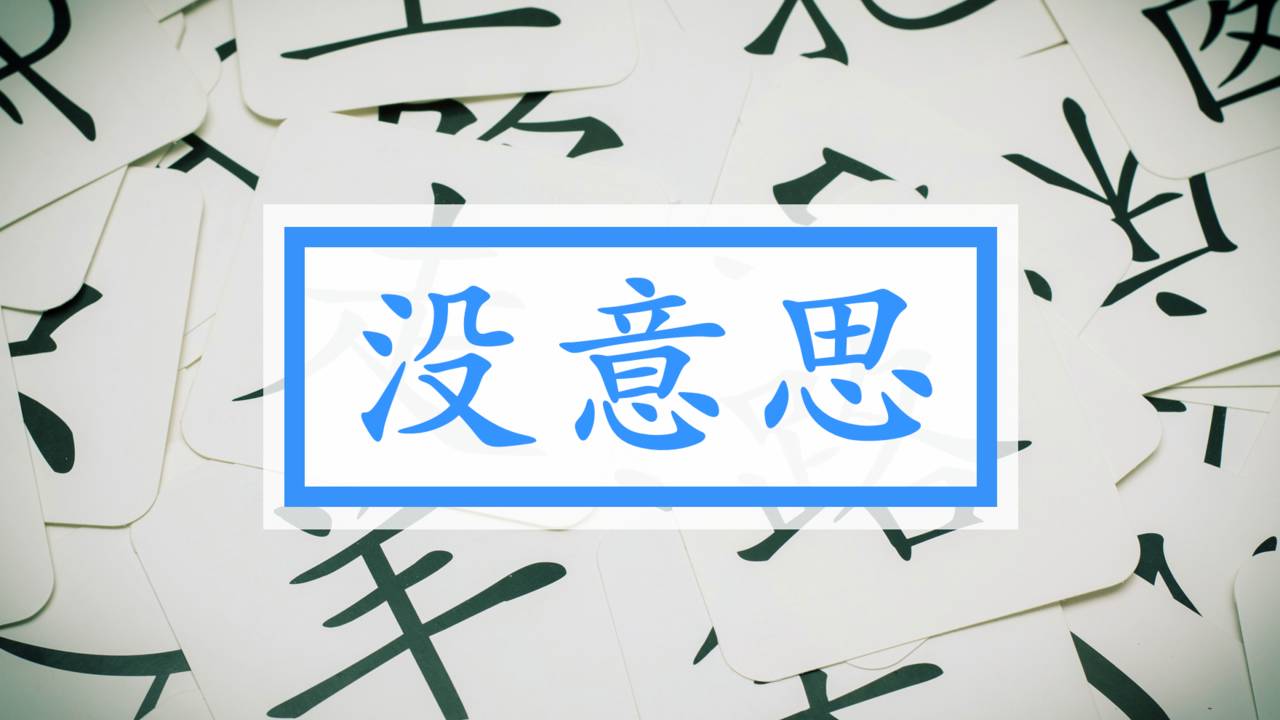
没意思 in Context
11
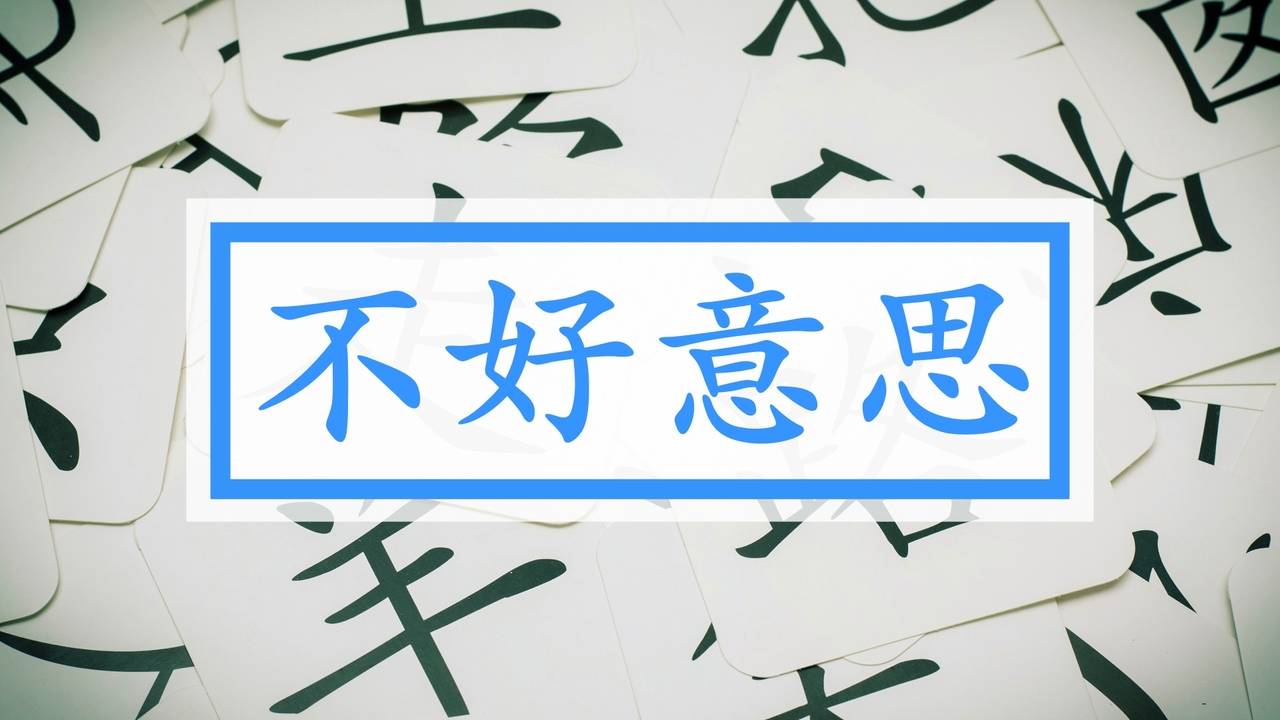
不好意思 in Context
12
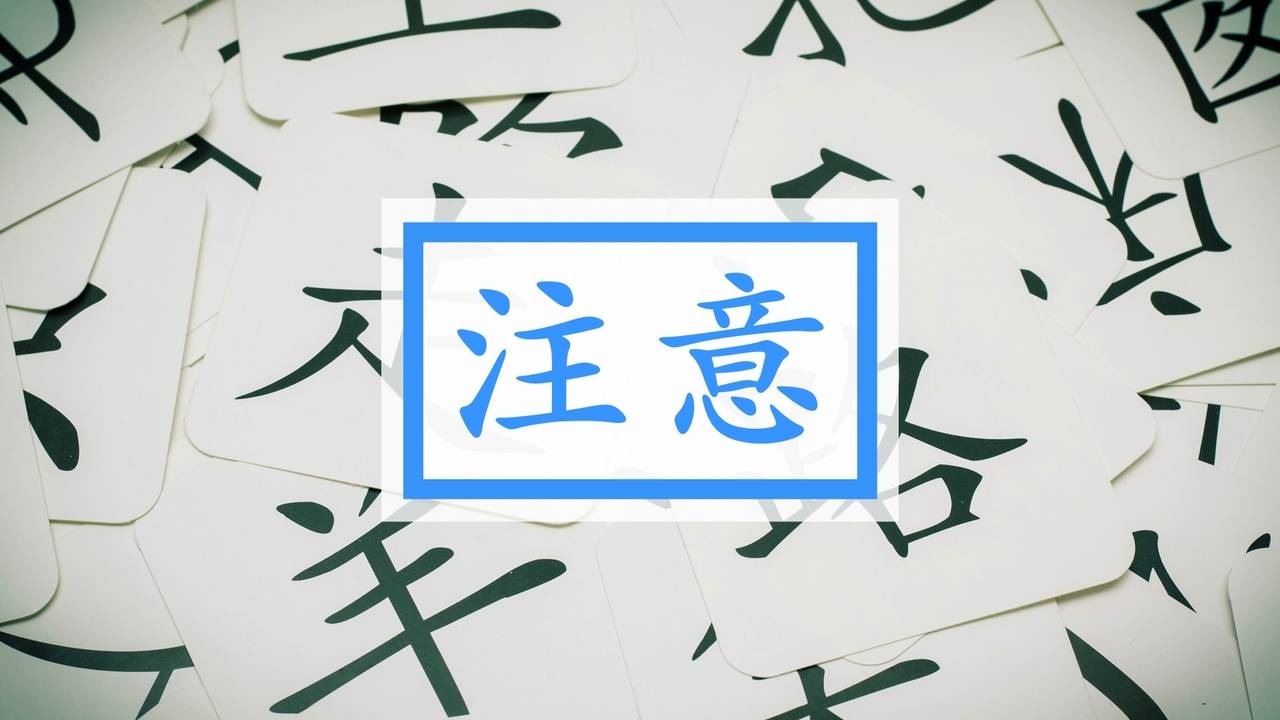
注意 in Context
13
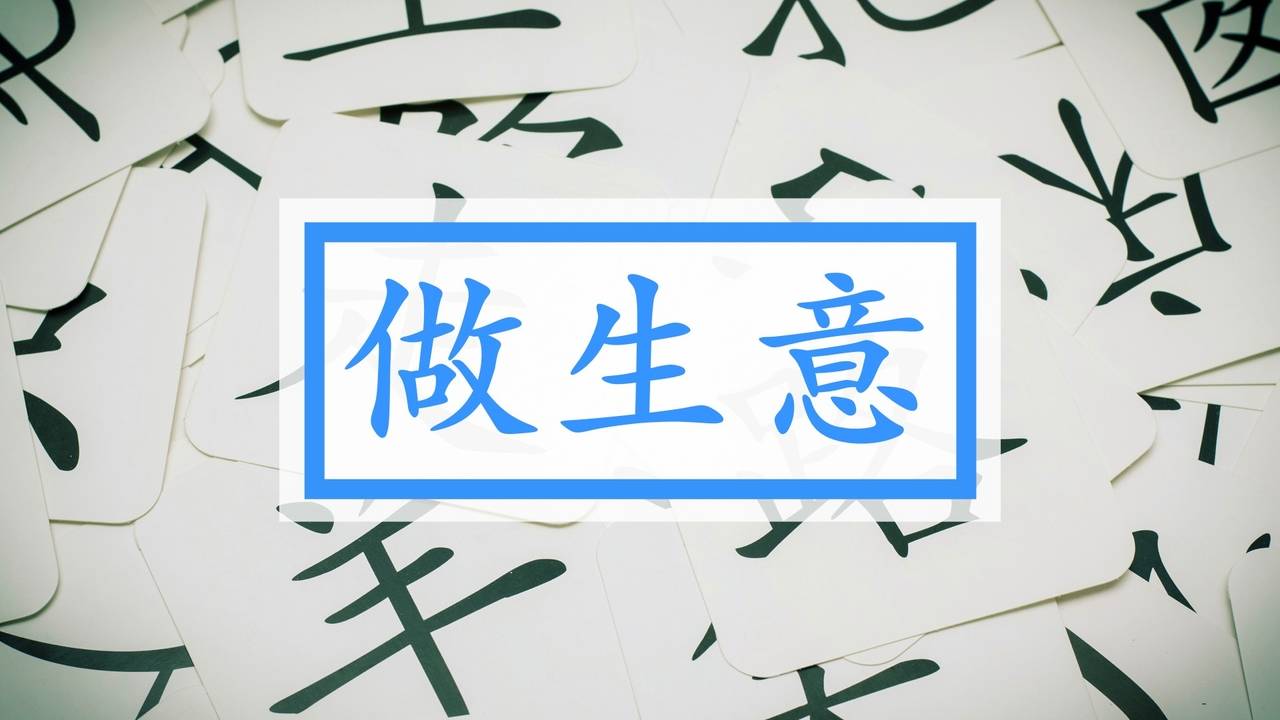
做生意 in Context
14
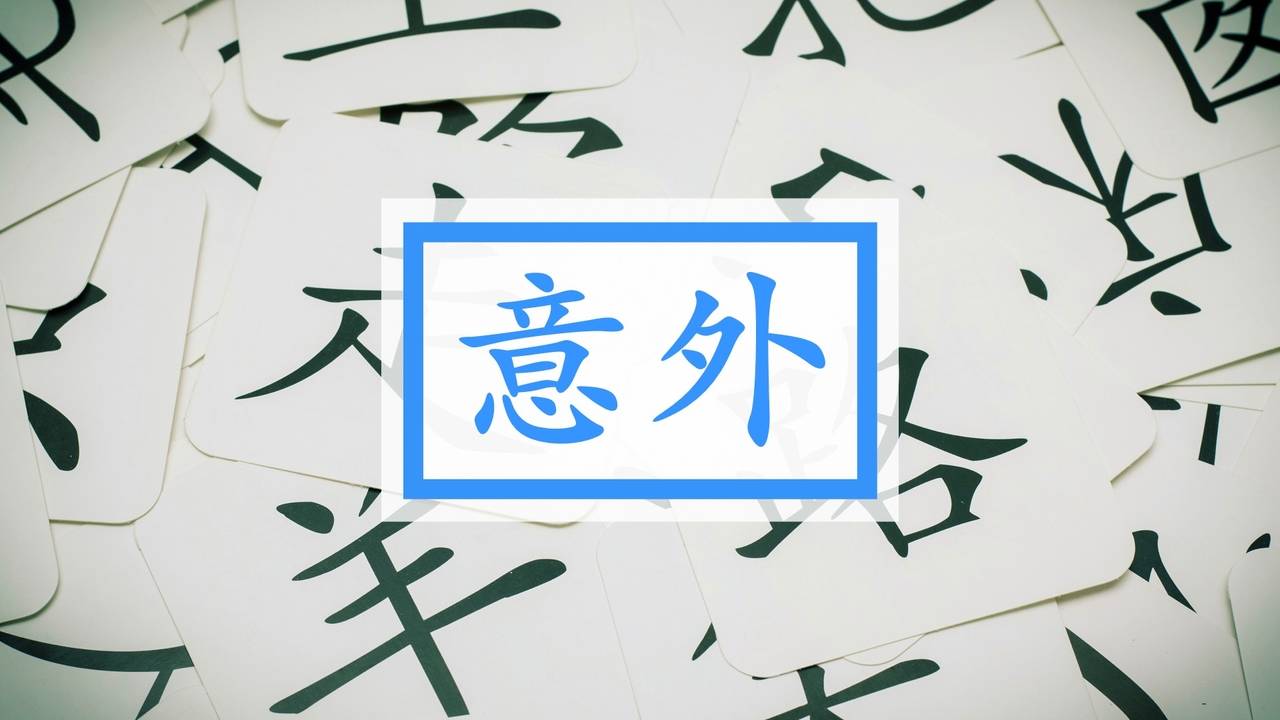
意外 in Context
15
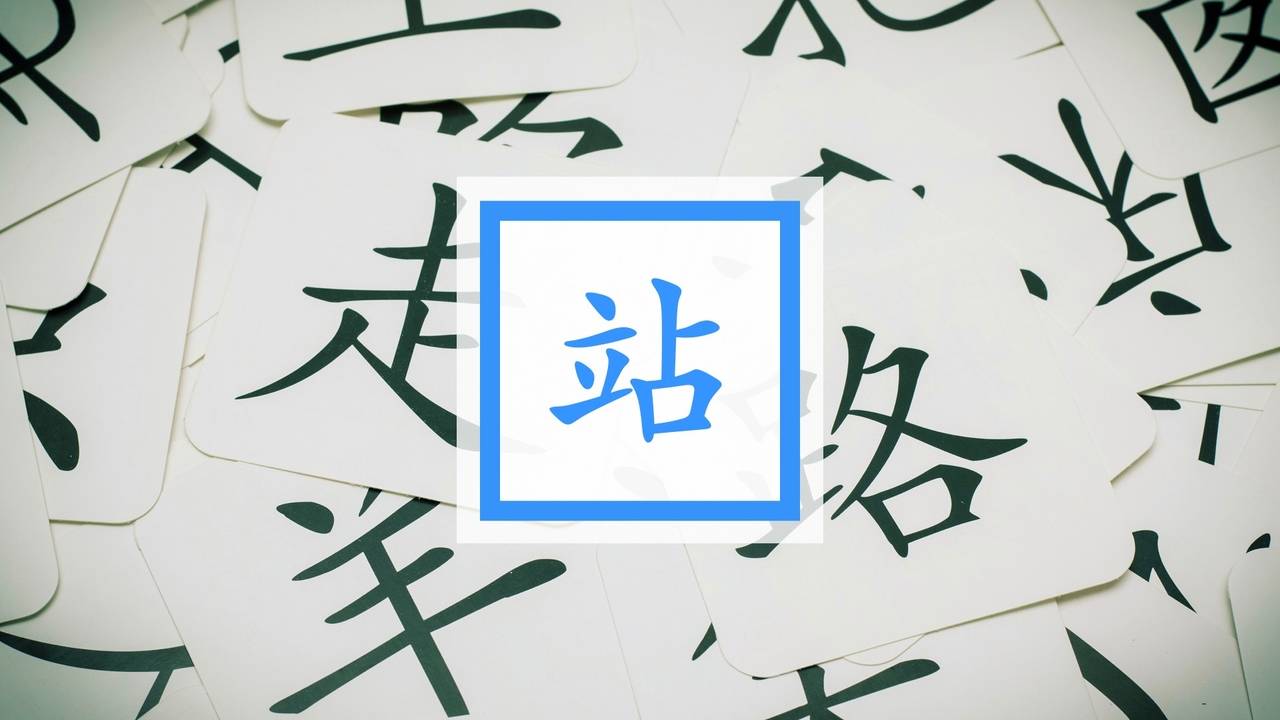
站 in Context
16
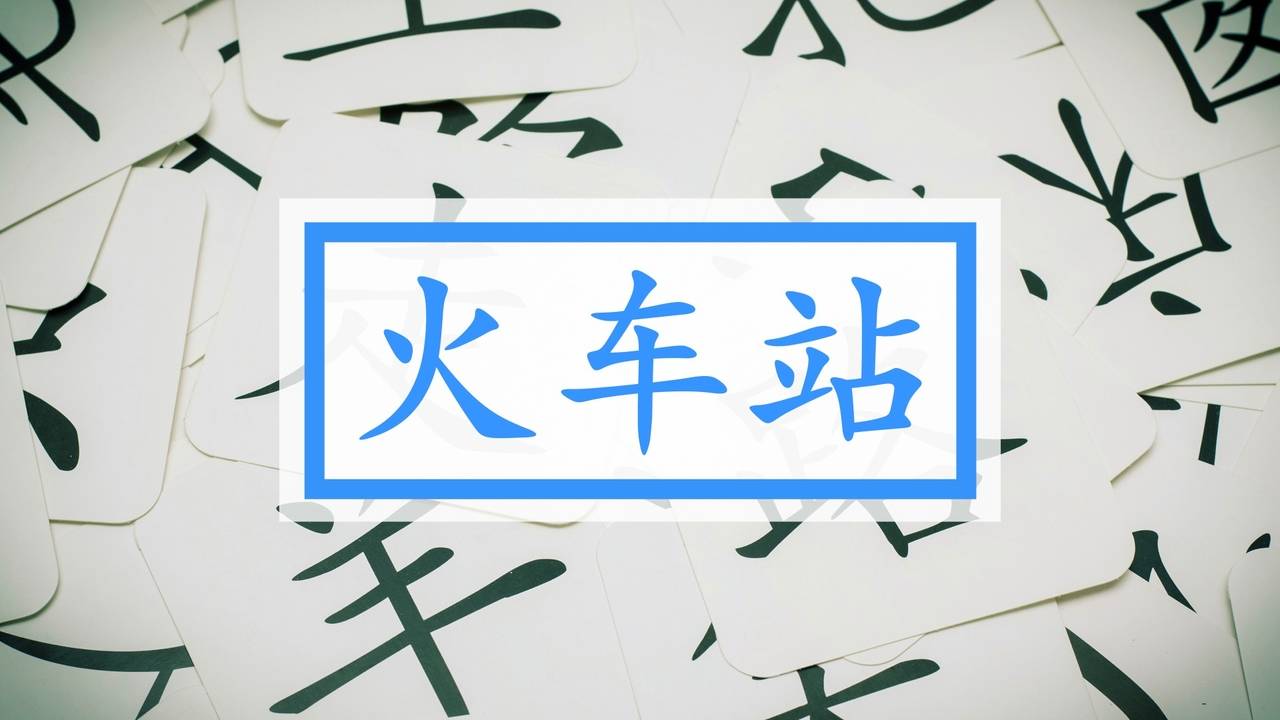
火车站 in Context
17
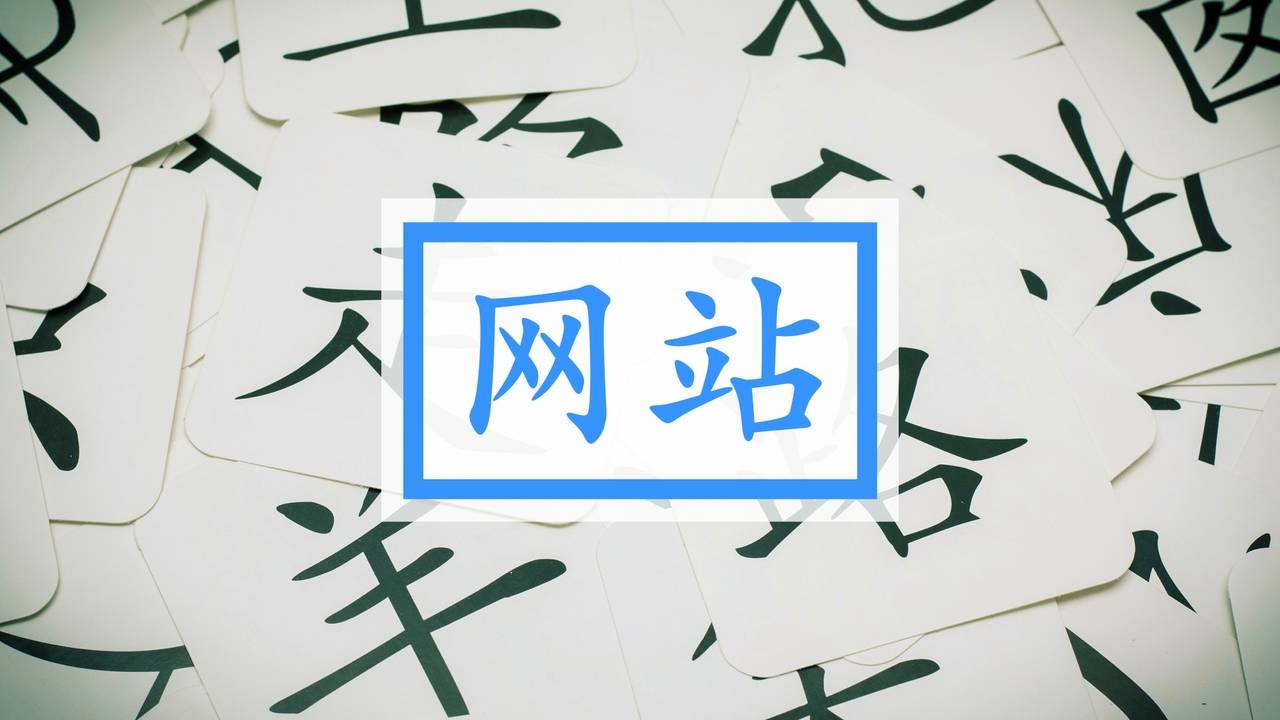
网站 in Context
18
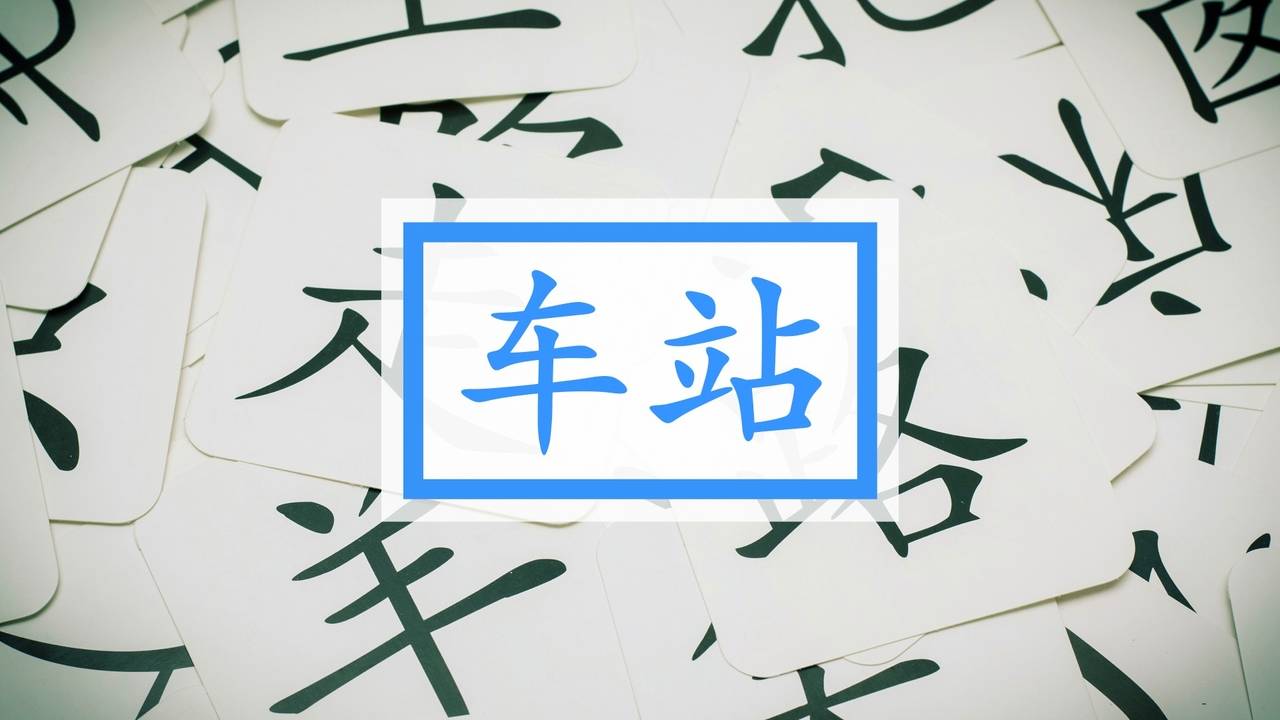
车站 in Context
19
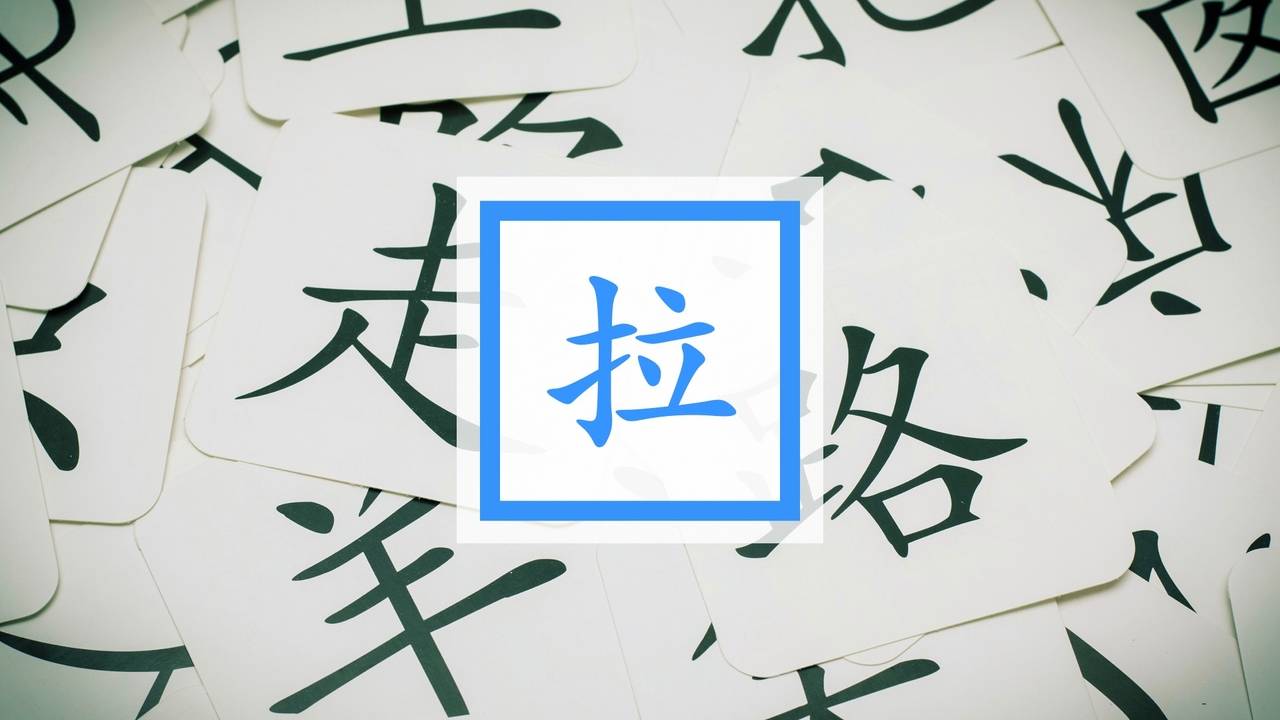
拉 in Context
20
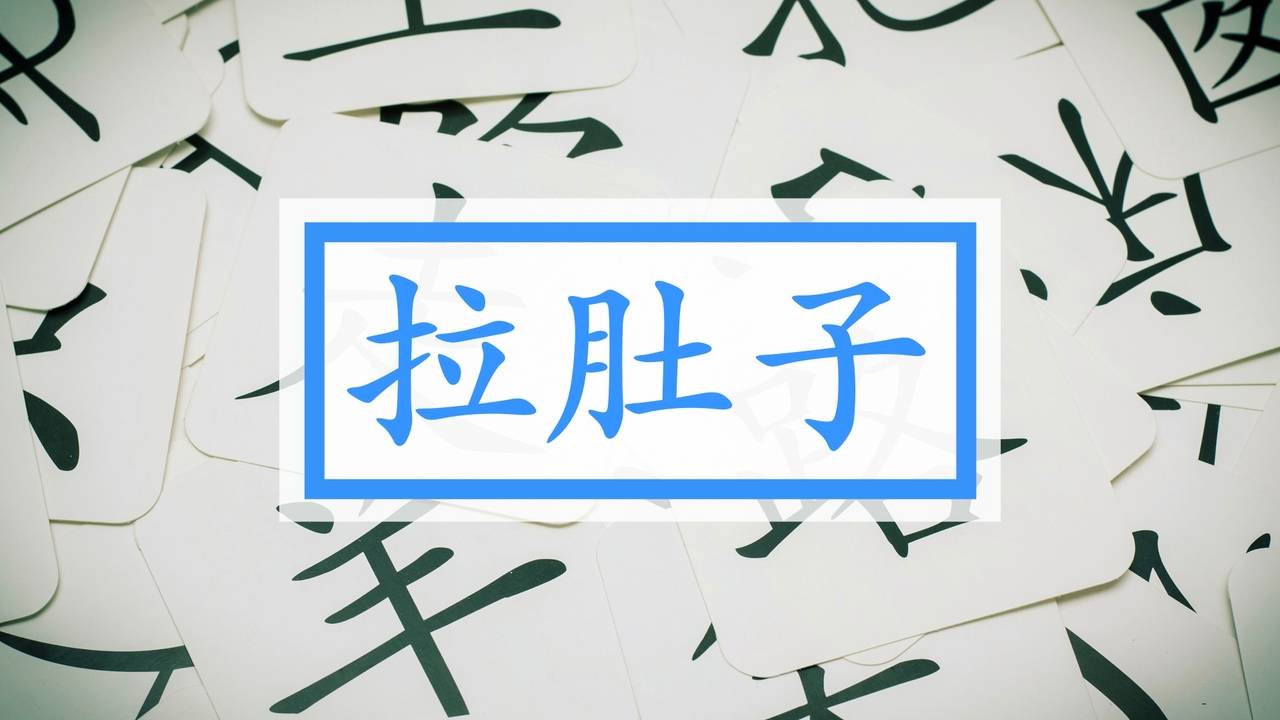
拉肚子 in Context
21
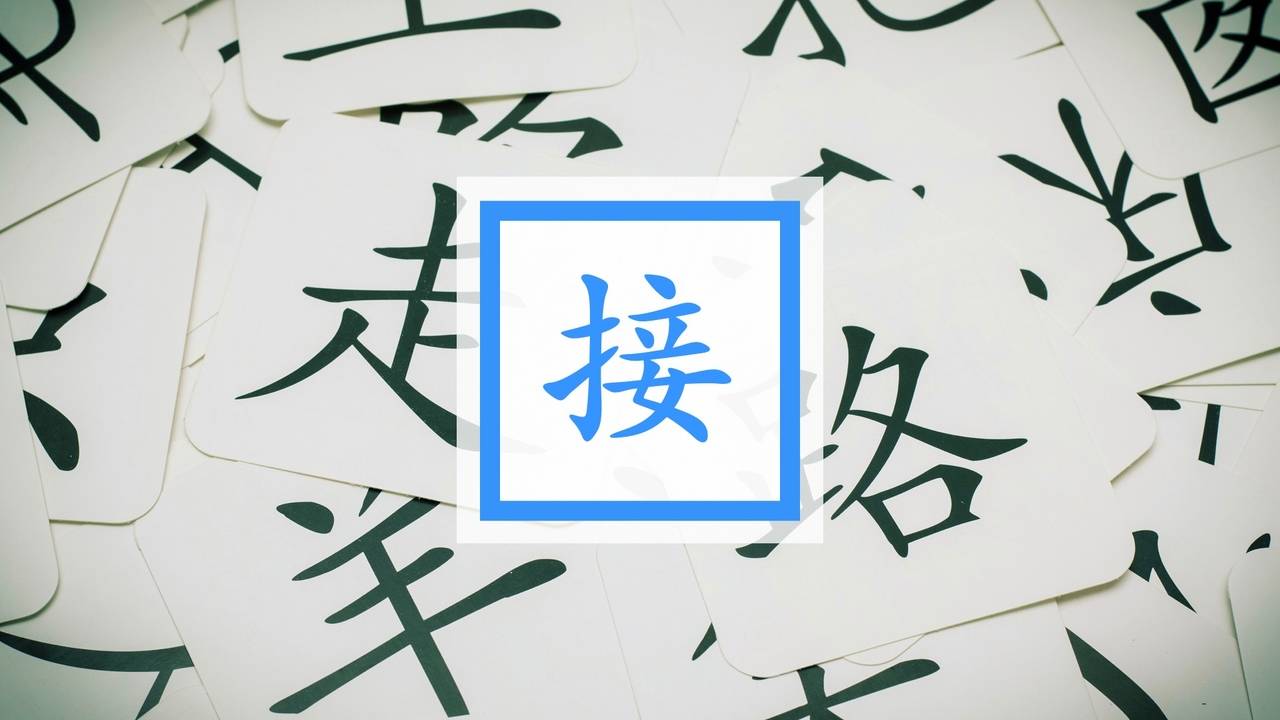
接 in Context
22
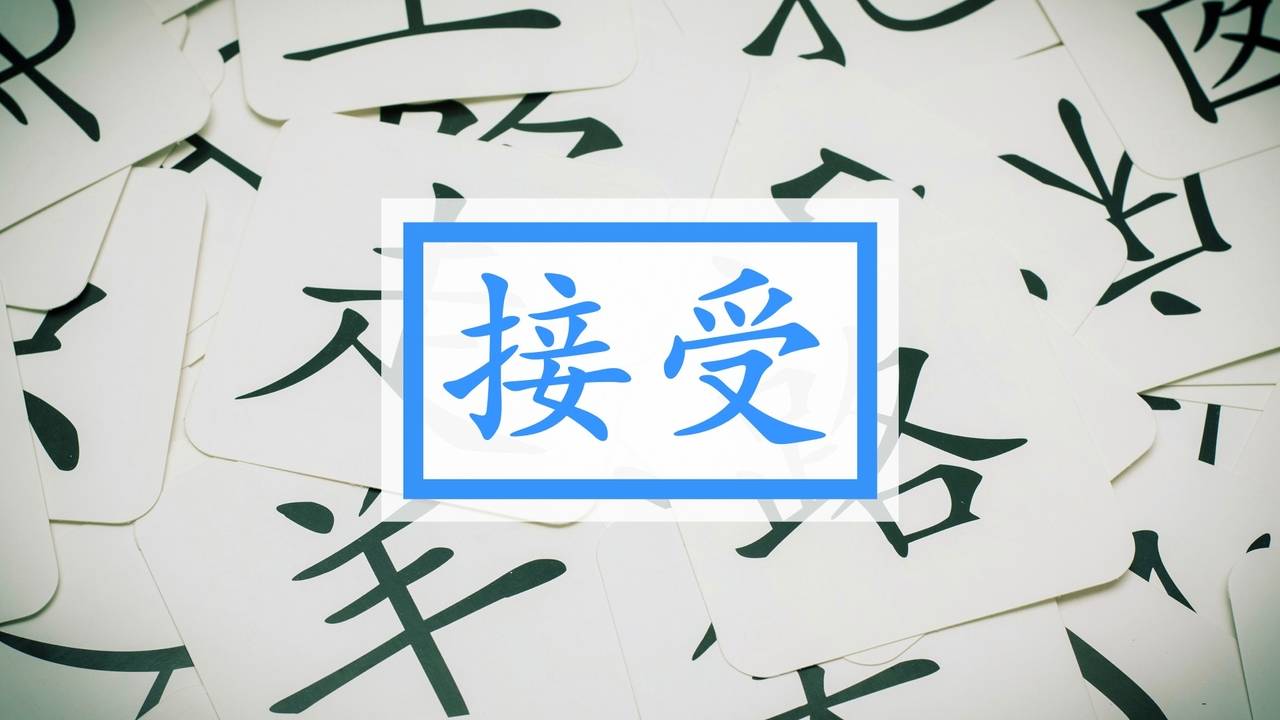
接受 in Context
23
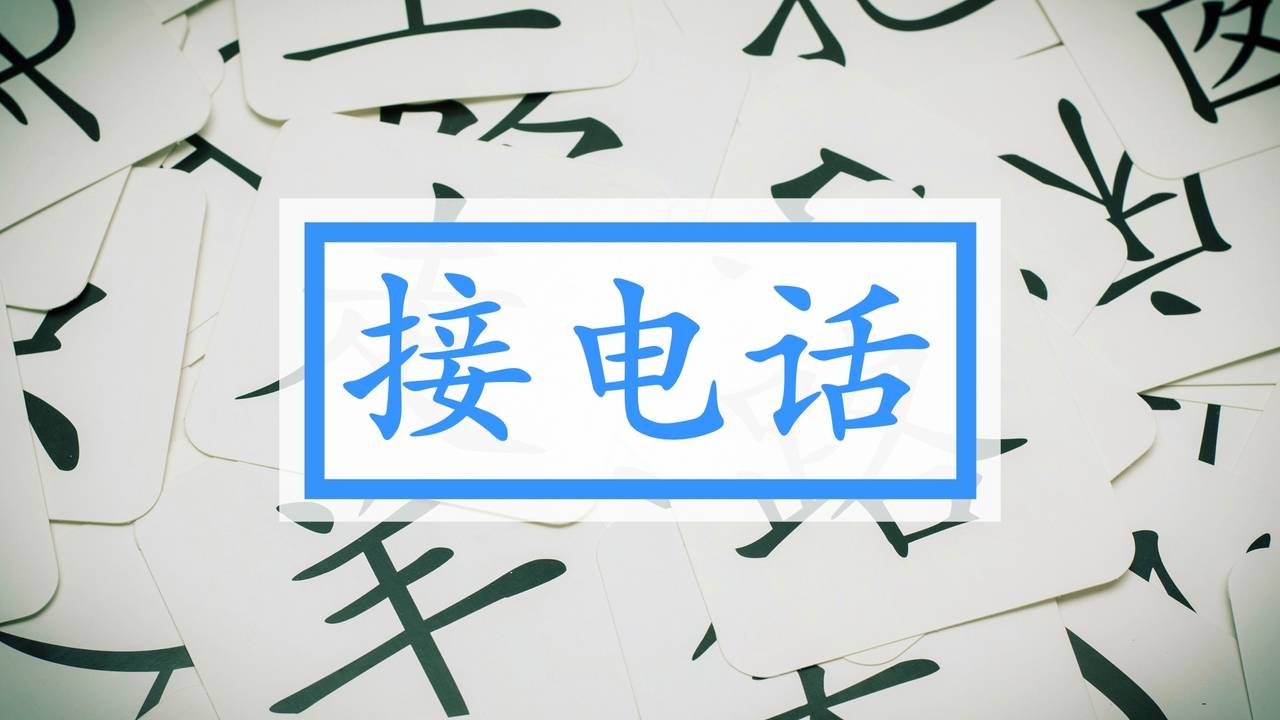
接电话 in Context
24
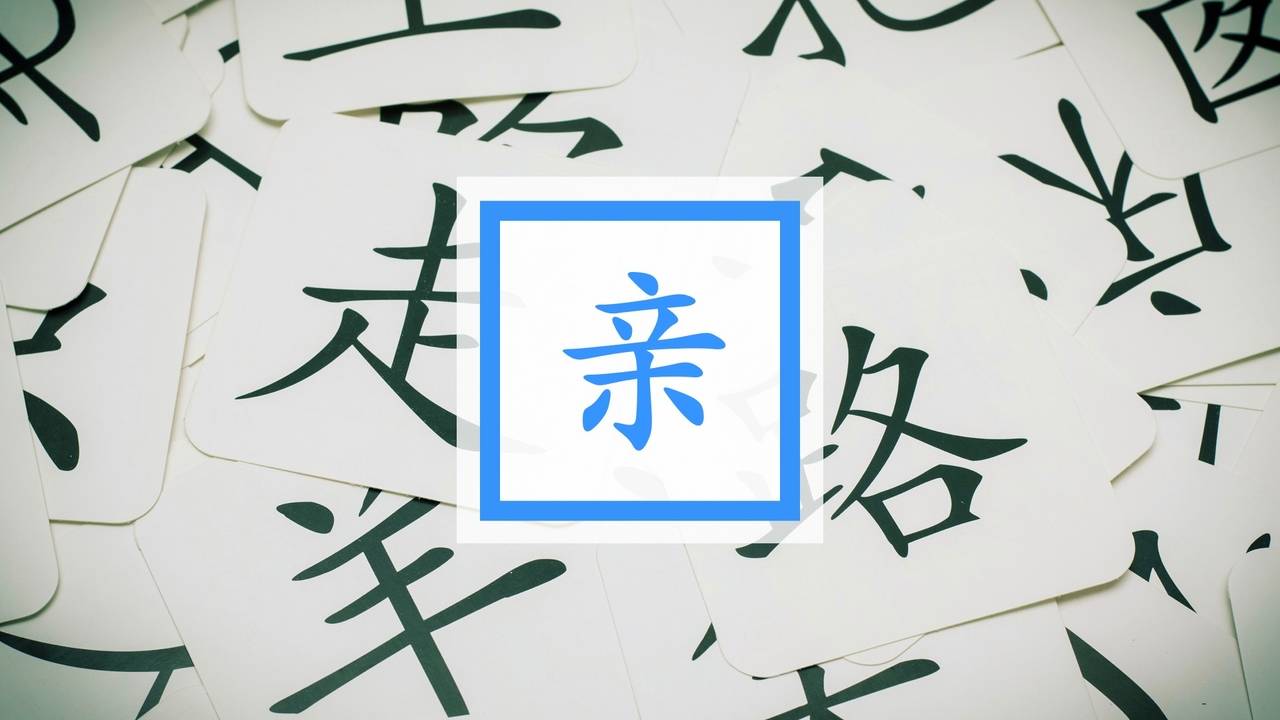
亲 in Context
25
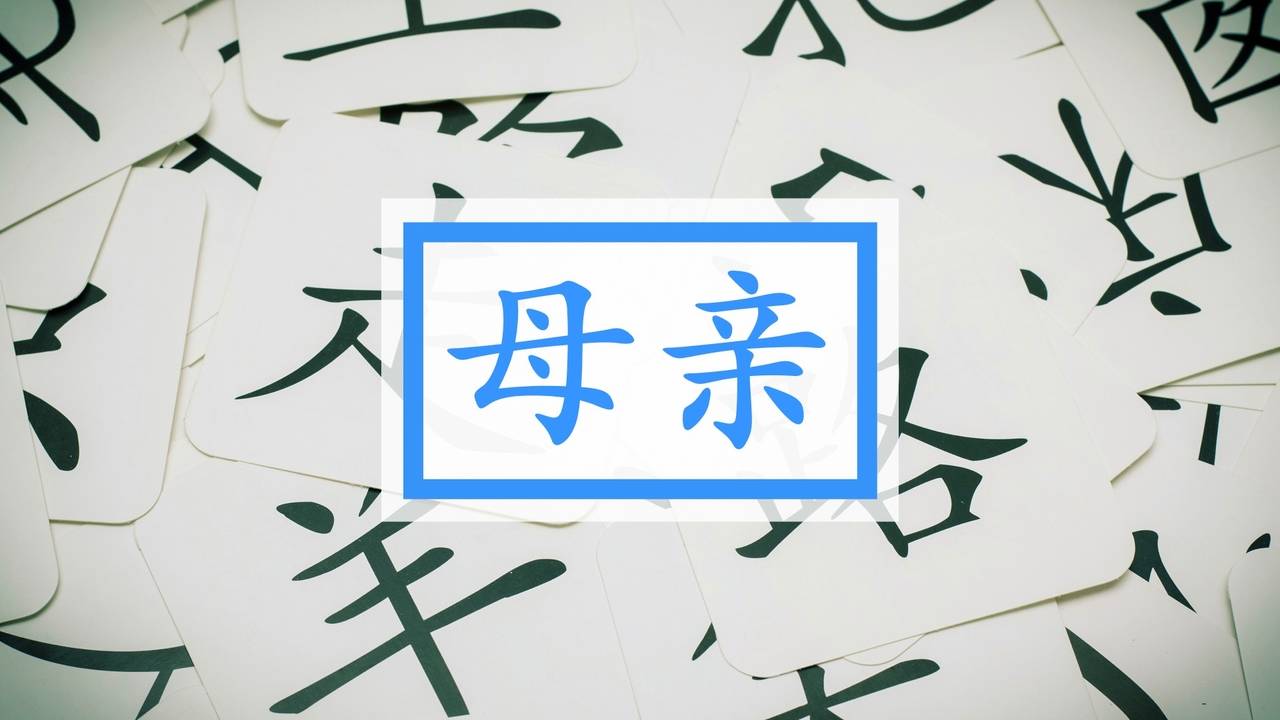
母亲 in Context
26
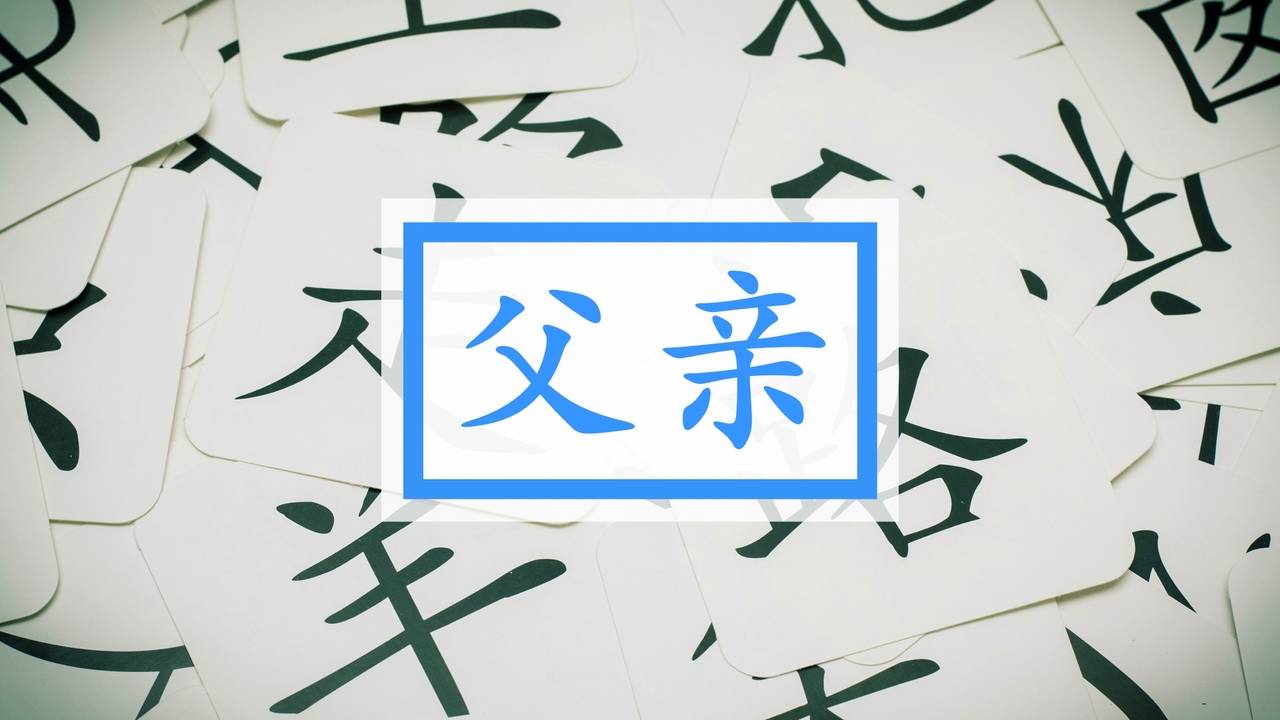
父亲 in Context
27
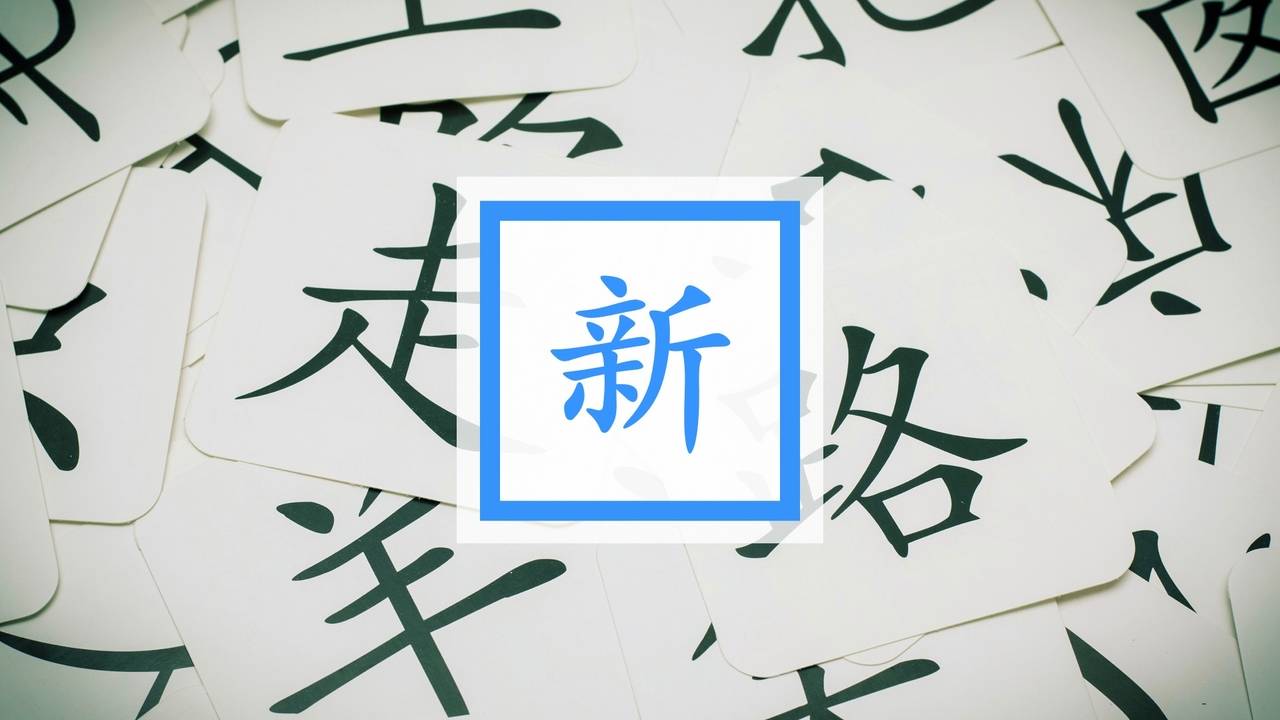
新 in Context
28
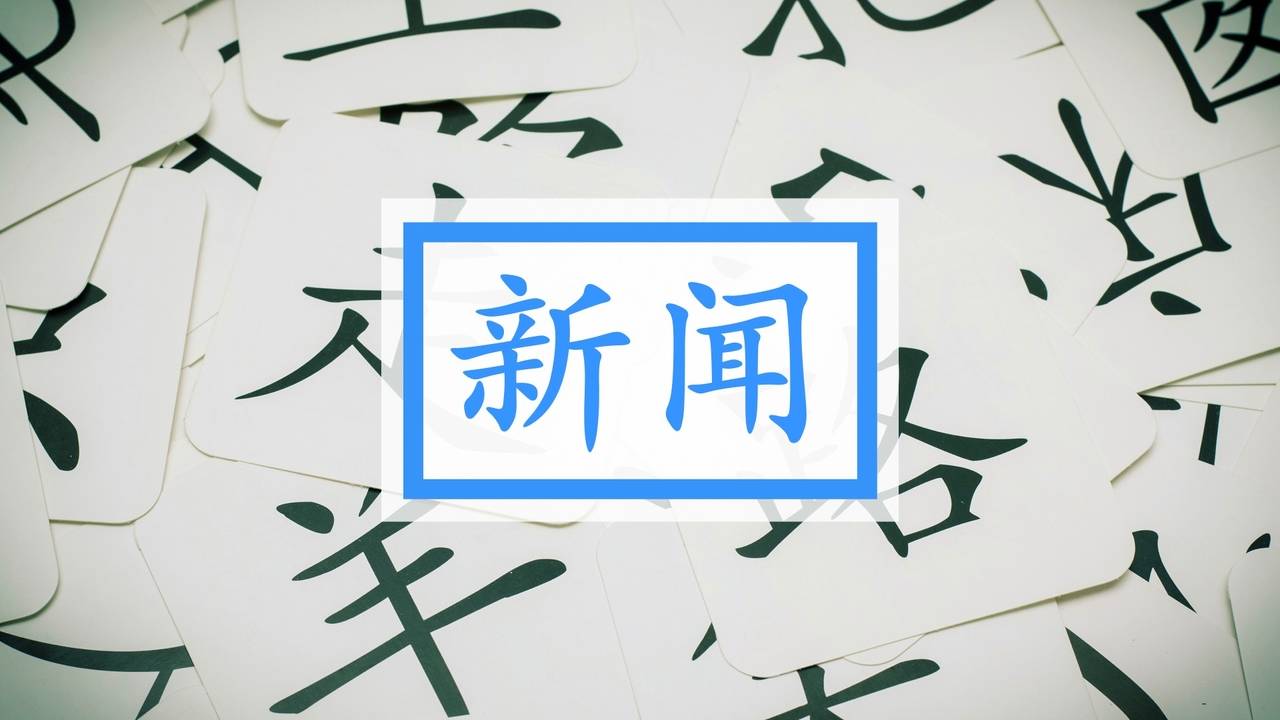
新闻 in Context
29
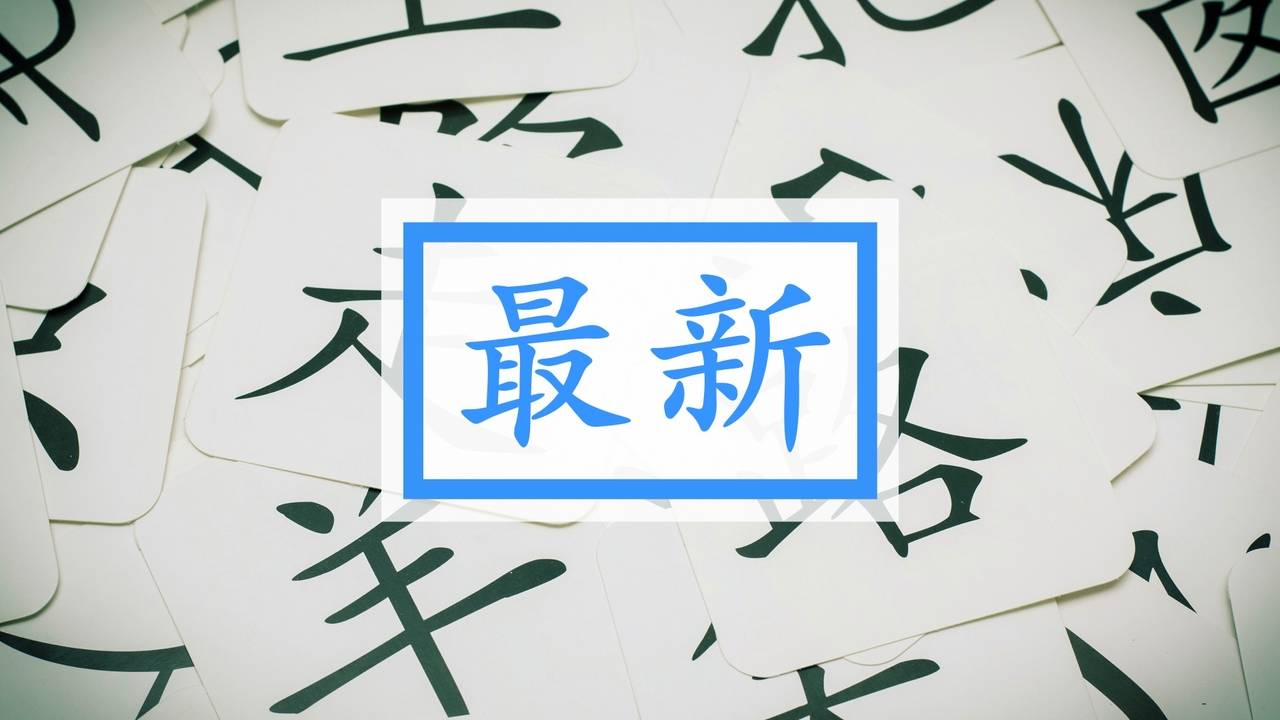
最新 in Context
30
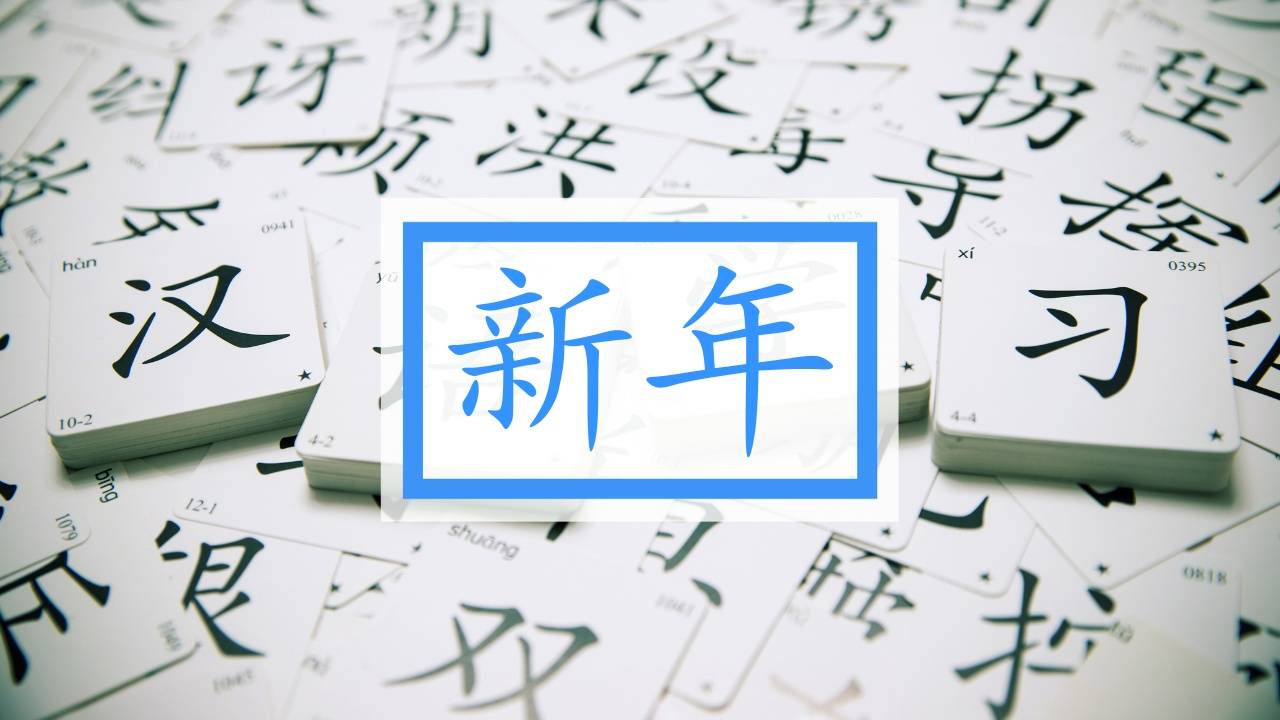
新年 in Context
31

杀 in Context
32
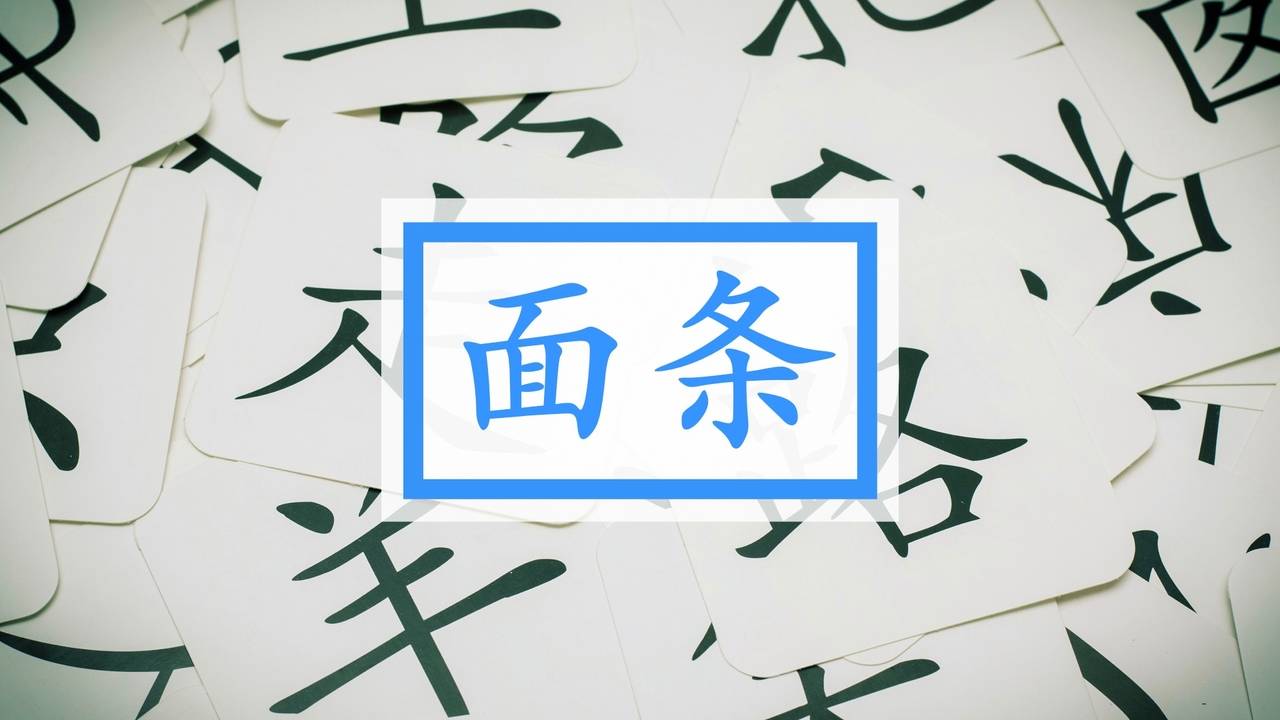
面条 in Context
33
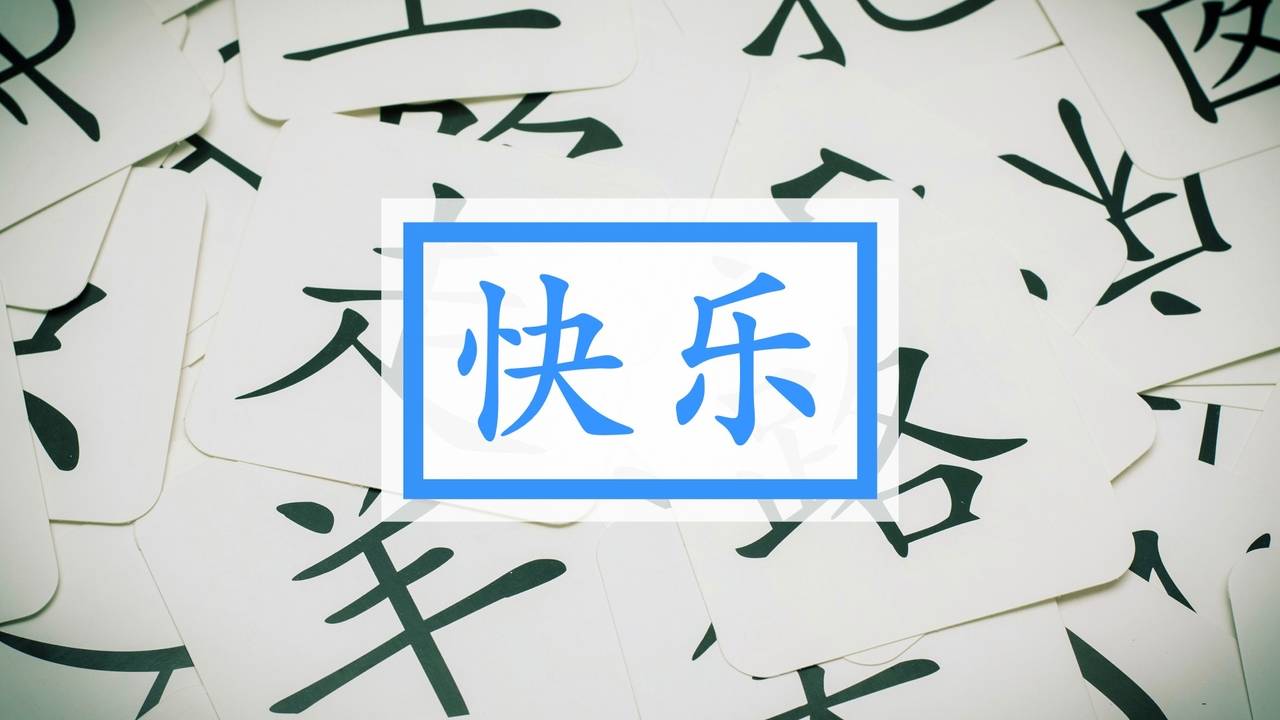
快乐 in Context
34

音乐 in Context
35
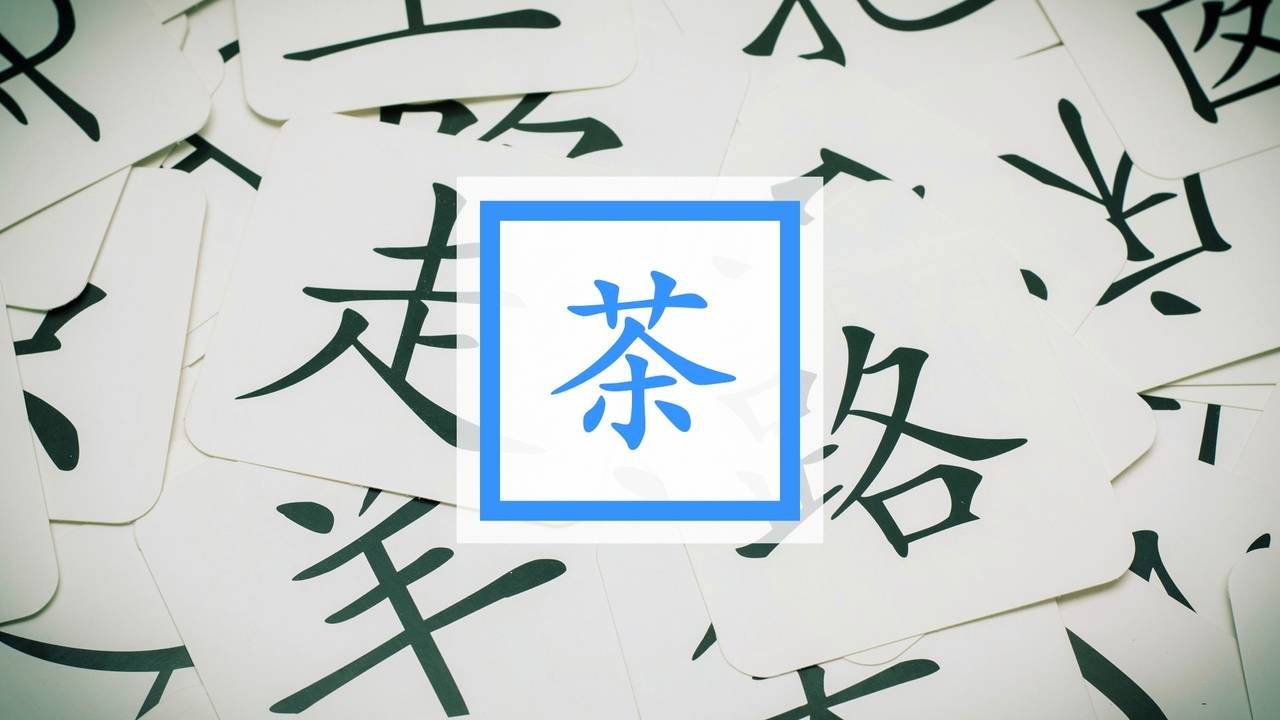
茶 in Context
36
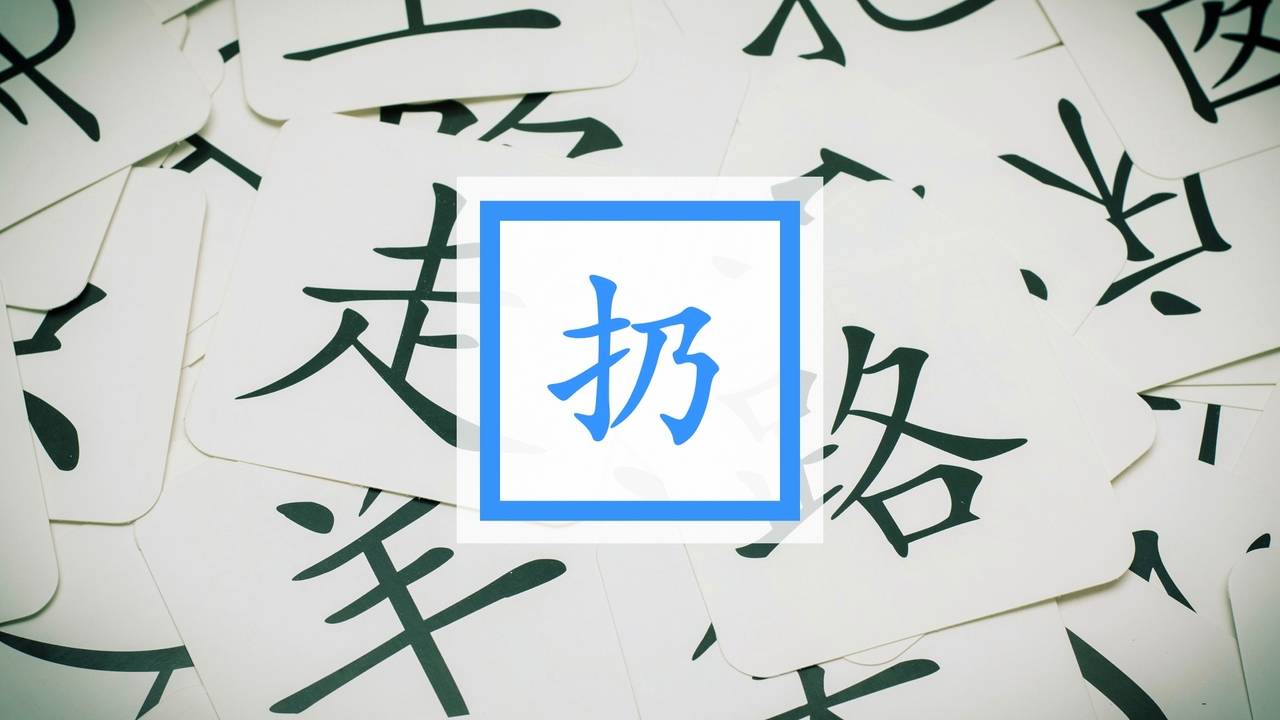
扔 in Context
37
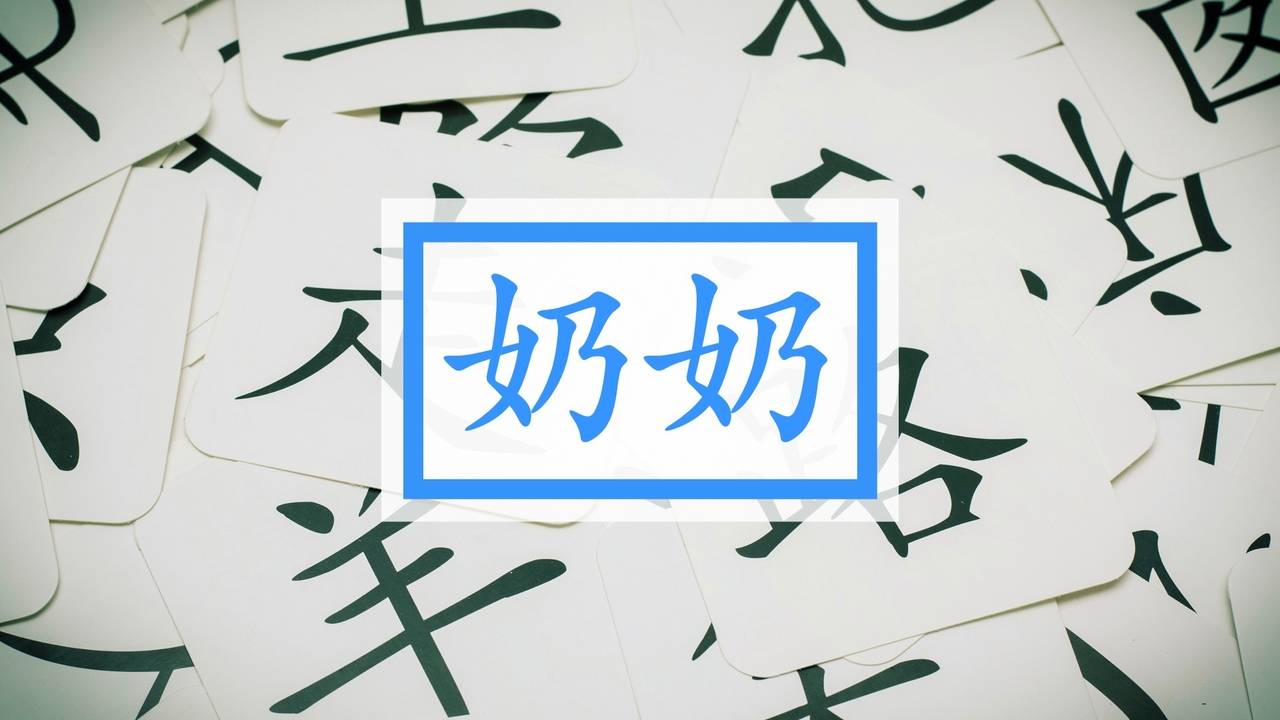
奶奶 in Context
38
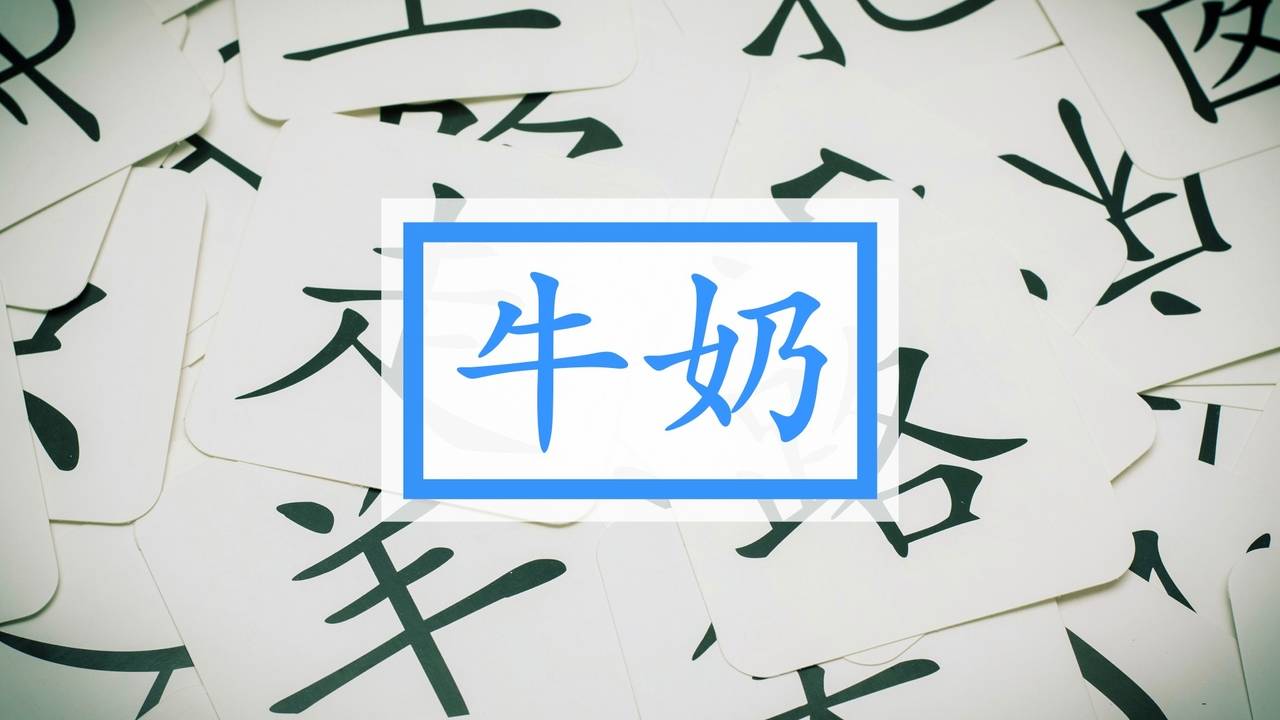
牛奶 in Context
39
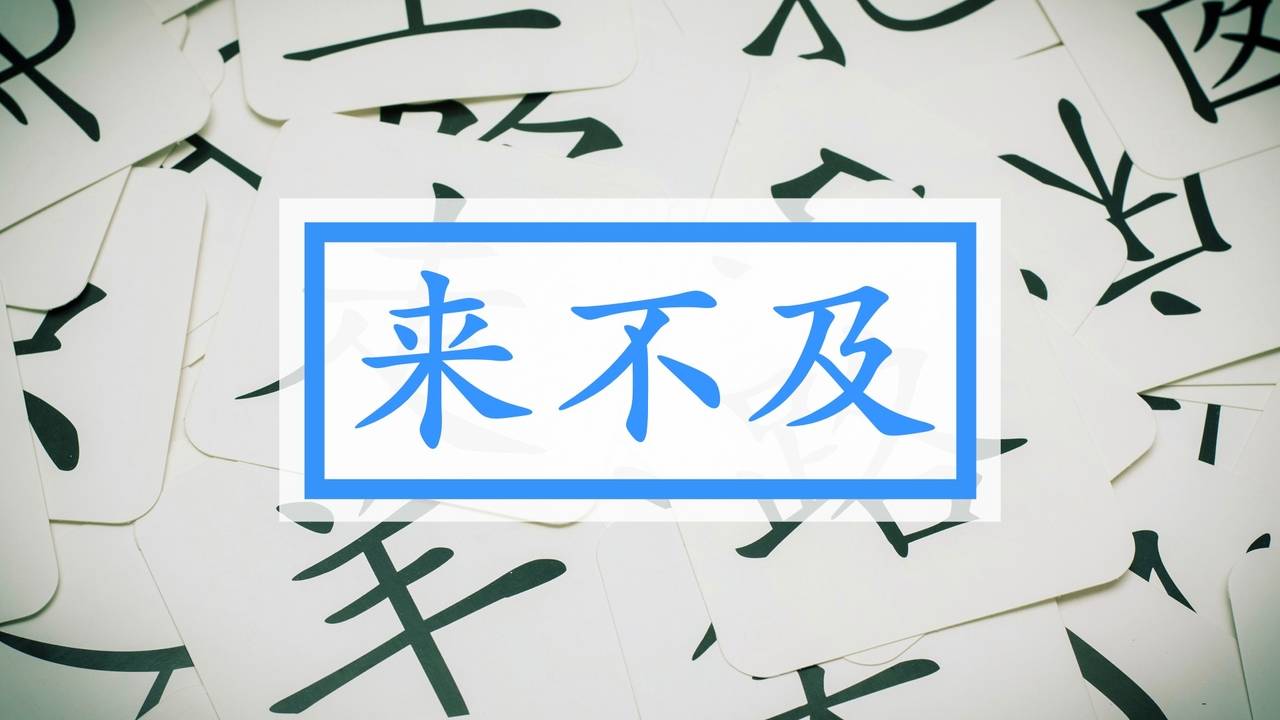
来不及 in Context
40
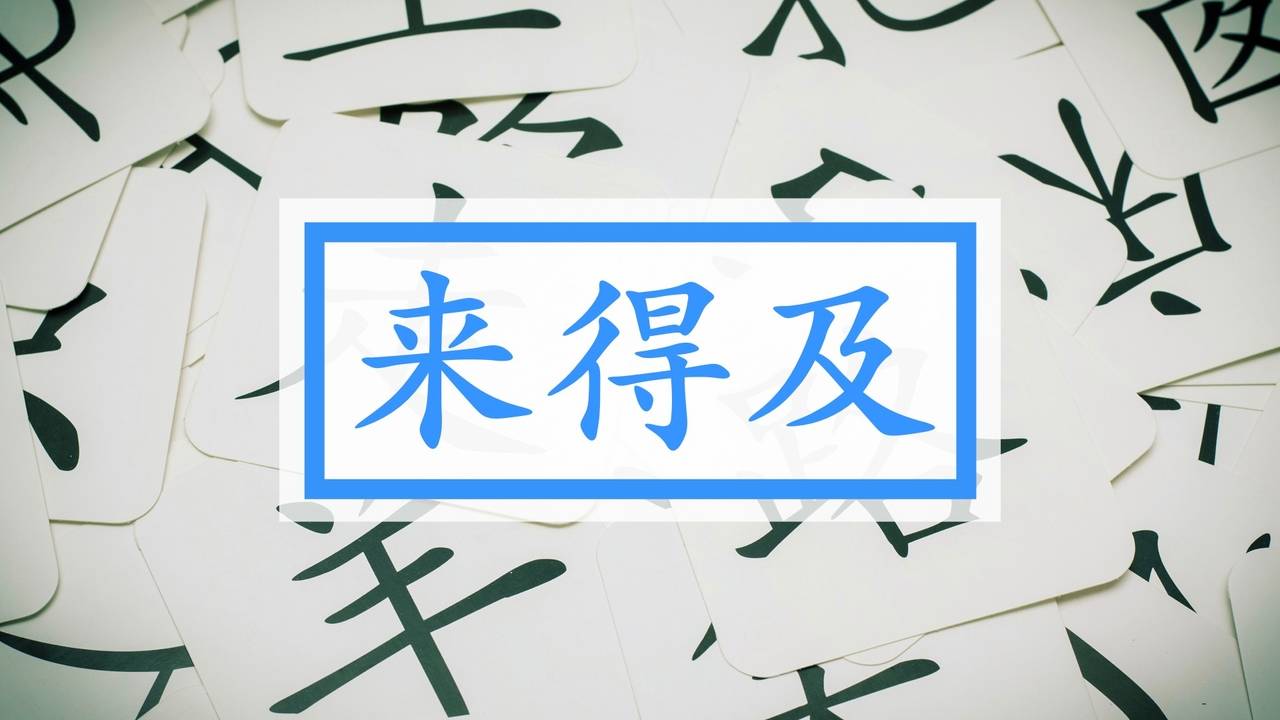
来得及 in Context
41
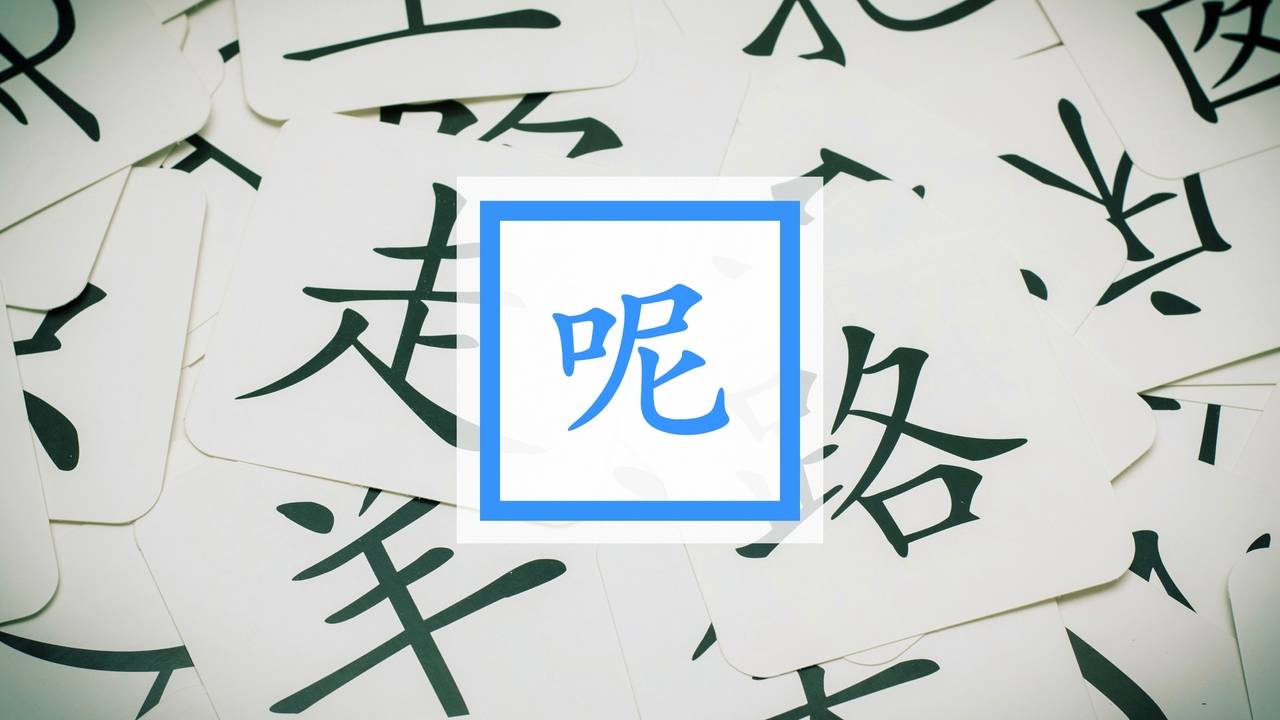
呢 in Context
42

所以 in Context
43
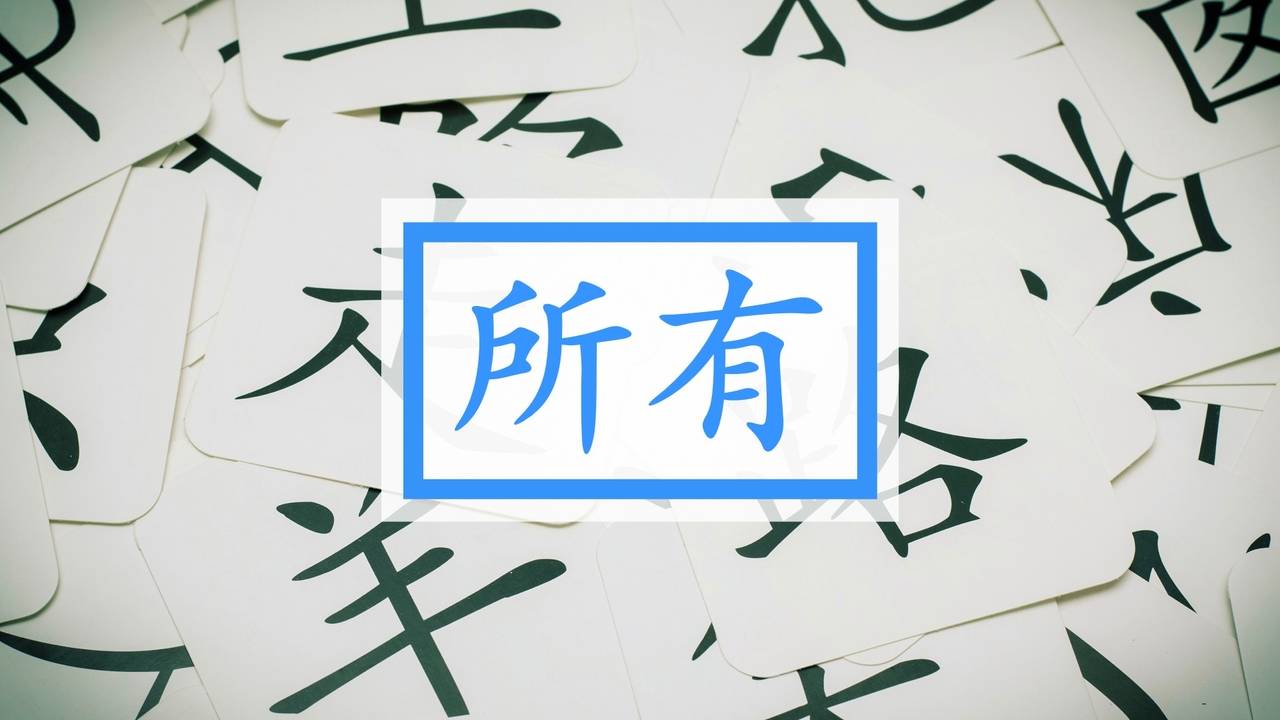
所有 in Context
44
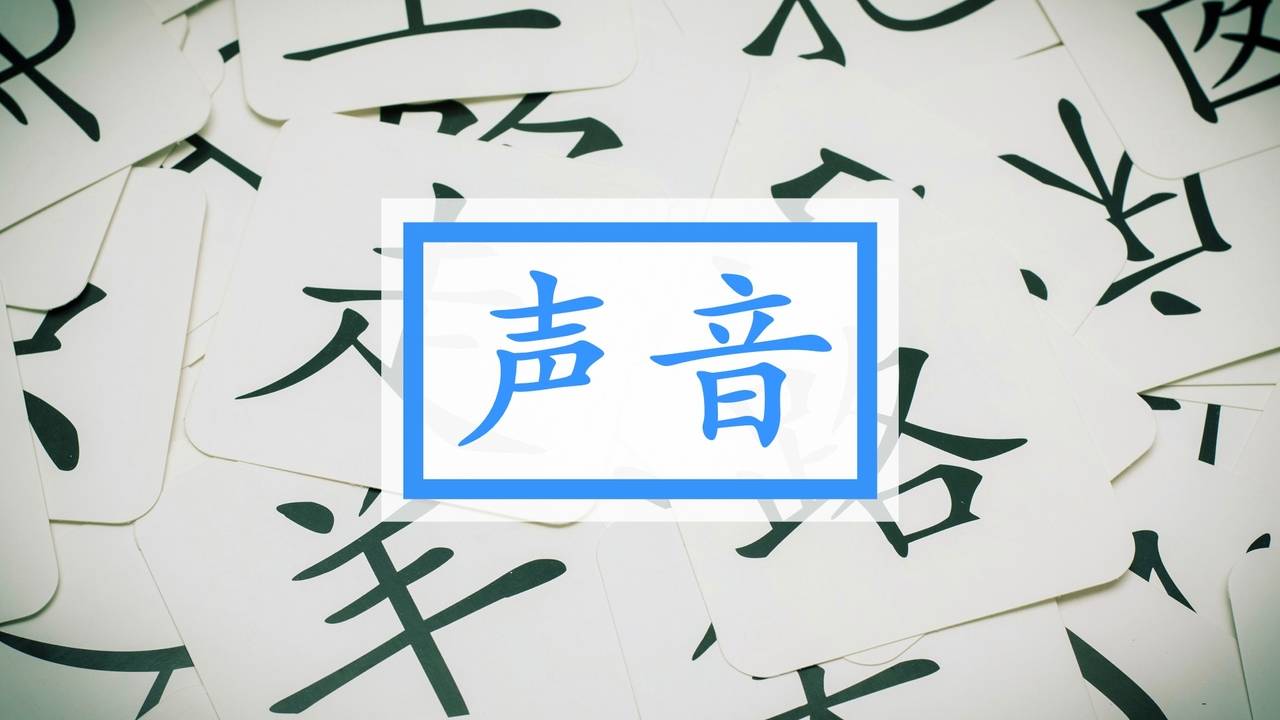
声音 in Context
Next Character
所以 in Context
CONGRATULATIONS!
A NEW WORD HAS BEEN UNLOCKED
所以
Usage 1 - "so":
Sentence
今天下雨了,所以我没有去公园跑步。
English
It rained today, so I didn't go jogging in the park.
*Sentence:
你的样子应该是你自己决定,我不能为你决定。所以你什么样子我都会很喜欢!
English
You should decide how you look. I can't decide that for you, so I like you regardless of what you look like.
*Sentence:
男人又说:“ 其实这三颗种子是死的,它们开不出花。大儿子和二儿子为了公司,选择换了种子来骗我。但是小儿子选择了诚实,所以他没有花。
English
The man continued, “In fact all three seeds were dead, they can’t bloom. The oldest and second oldest sons chose to switch their seeds and deceive me in order to get the company. But the youngest son chose honesty, so he didn’t have a flower.
Top-Down Words:
颗 kē - MW for small round objects like seeds
骗 piàn - to lie
选择 xuǎnzé - choose
诚实 chéngshí - honest
种子 zhǒngzi - seed
*Sentence:
因为儿子没有耐心,所以花儿们都死了。
English
Because his son didn't have patience, so all the flowers died.
Top-Down Words:
耐心 nàixīn - patient
Need a Reminder?
The Six Steps to Learning Words



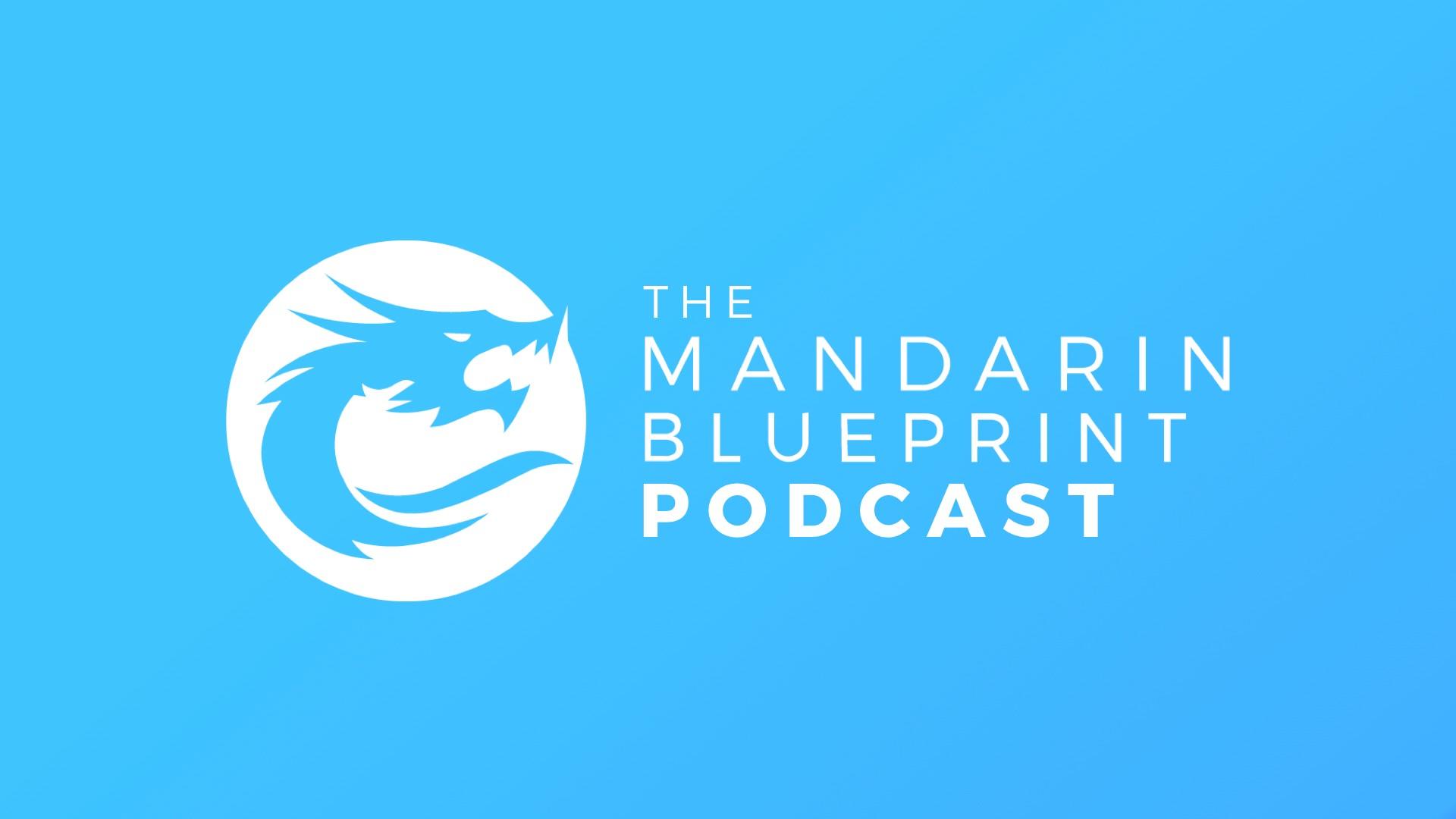

Francislainy Campos
I like the course and have recommended it to a few of my friends, but for a while now I feel I should provide a bit of honest feedback on how I've been feeling about it lately. This can be deleted after it's read and I hope it's taken as a constructive criticism.
I'm struggling with the sizes of the sentences. Getting over 100 of them to review every morning, them being as big as
男人又说:“ 其实这三颗种子是死的,它们开不出花。大儿子和二儿子为了公司,选择换了种子来骗我。但是小儿子选择了诚实,所以他没有花
uses up all the time I have to learn Chinese during the day and it's becoming a bit demotivating. I don't think they should be given as options to add for the flashcards. These sentences are both hard to read and also very hard to shadow when they take 16 seconds or more. And by the time we get to the 所以 part, I'm just too tired to understand what I've read. The bigger context confuses me more than helps me. Like why we're talking about seeds and stuff. I know, this is part of a bigger story, but when I'm just trying to understand what 所以 means, it becomes a huge diversion. Surrounding words with such big sentences personally is having a bit of a counter effect on me and pushing me away from the course to the extent I'm really considering whether I should renew my subscription or just stop it here. Even though we know most of the characters here, I don't see this piece as something we could call "comprehensible input" as we don't have the other parts of the story yet, so I feel it could be given to us broken down in more smaller chunks.
And yes, I know we can choose to remove some of the sentences from the reviews, but still, doing this can give us a feeling we are skipping material, so I'd prefer not to get them appearing on Traverse at all, or ideally broken down into smaller chunks. Counting the periods here, this could have become at least six or more difference sentences rather than this huge one, which we'll get to read anyways when we get to the whole story, but then it would be only once rather as a reappearing flashcard.
That's it from me. Thank you for reading and I hope this helps somehow.
Mandarin Blueprint
Hey Francislainy,
I won't remove this comment because I think it expresses a feeling that many people may have at this point, but there's definitely a solution! Here's my reply (and for people who feel similarly the Francislainy, please watch too):
https://www.loom.com/share/5327208384b344c38adc4b6908be2d79
Phil
Francislainy Campos
Thank you, Phil. I appreciate the nice reply.
MB Team
This is where Luke and Phil talked about your question in the Mandarin Blueprint Podcast: https://www.youtube.com/watch?v=fgMX_AG5QfA&t=3708s
Rick Angleland
re 花儿们
I thought 们 was only used for people? or if not, what class of things?
Mandarin Blueprint
们 is also used in personification of objects/animals. Here's some info from Pleco for this character:
[in personification after a noun referring to an object or an animal to form the plural]
满天的星星们眨着眼睛。
Mǎn tiān de xīngxing men zhǎ zhe yǎnjing.
All the stars were blinking.
奶奶管我们叫小燕子们。
Nǎinai guǎn wǒmen jiào xiǎoyànzi men.
Grandma calls us “little swallows”.
MB Team
This is where Luke and Phil talked about your question in the Mandarin Blueprint Podcast:
https://www.youtube.com/watch?v=LXDL2tel1es&t=2473s
Lynn Ford
So we have been getting these stories sentence by sentence and I just unlocked the sentence : 男人又说:“ 其实这三颗种子是死的,它们开不出花。大儿子和二儿子为了公司,选择换了种子来骗我。但是小儿子选择了诚实,所以他没有花。Mind BLOWN! I just yelled out loud "OMG the seeds were DEAD the WHOLE TIME!"
I didn't see that coming! A total drama, so much tea to unlock this morning ;) Also... super clever of the father.
LOL, these stories are fun to unlock this way!
Mandarin Blueprint
厉害 :D
MB Team
This is where Luke and Phil talked about your question in the Mandarin Blueprint Podcast:https://www.youtube.com/watch?v=mIl8yCilxTI&t=1305s